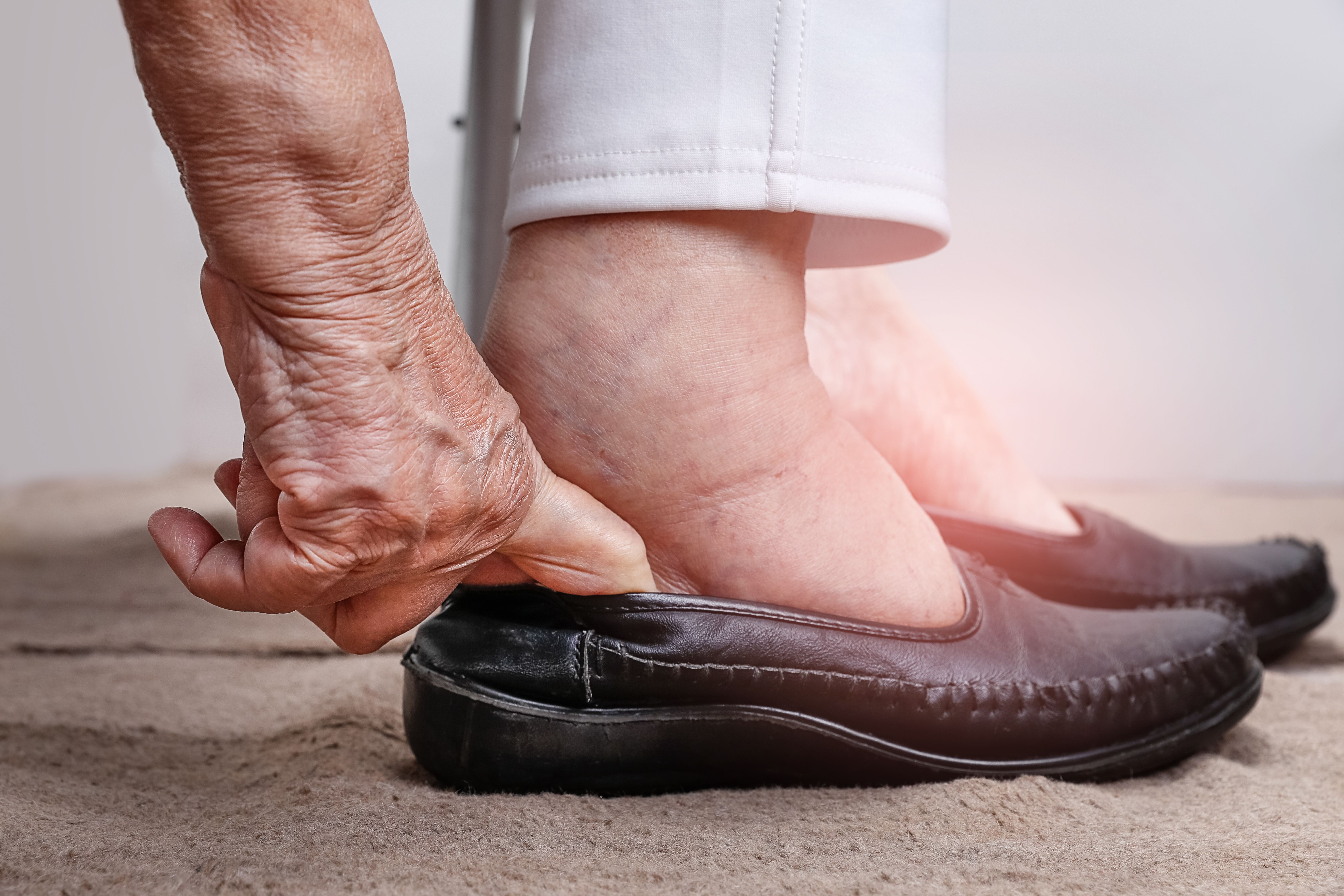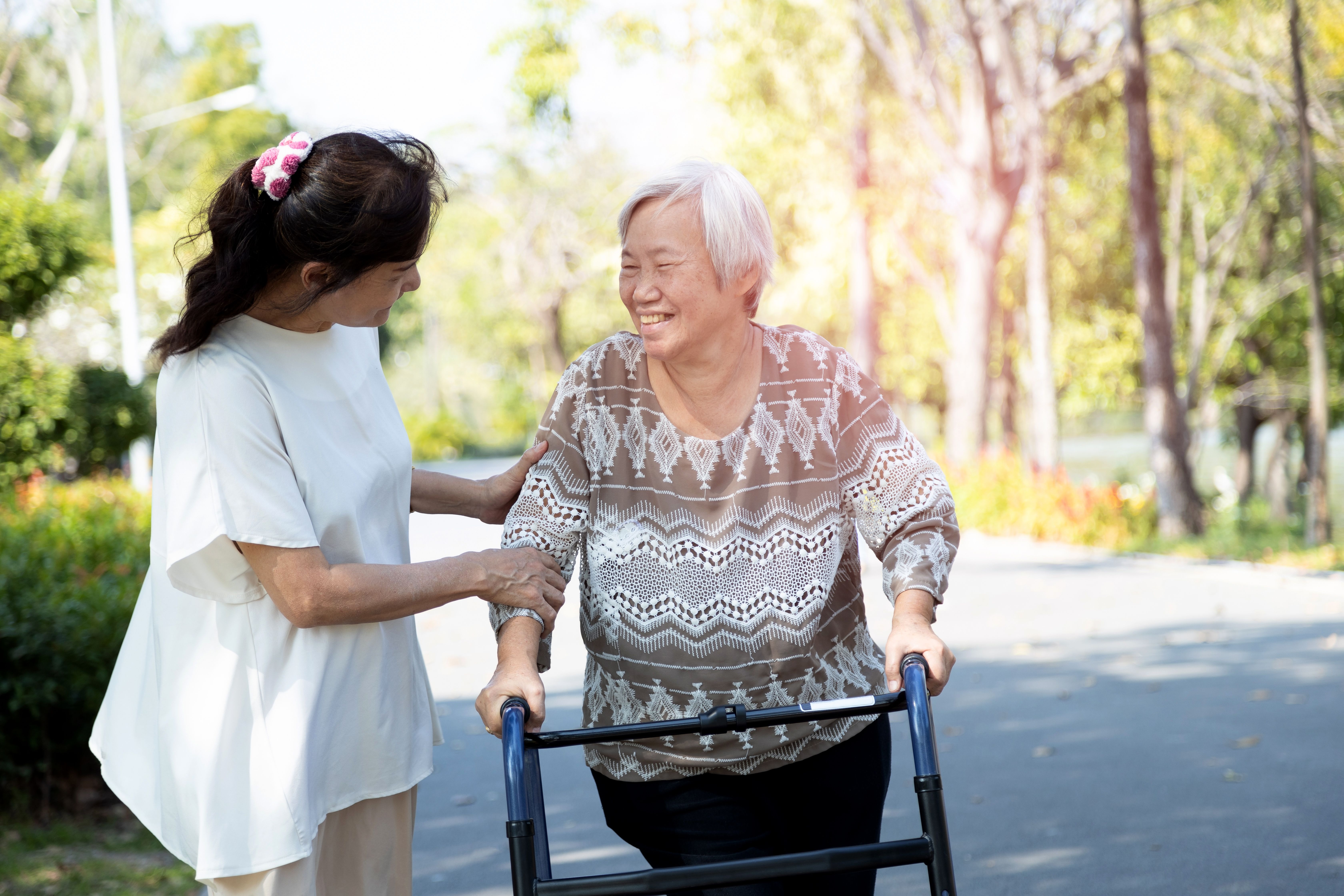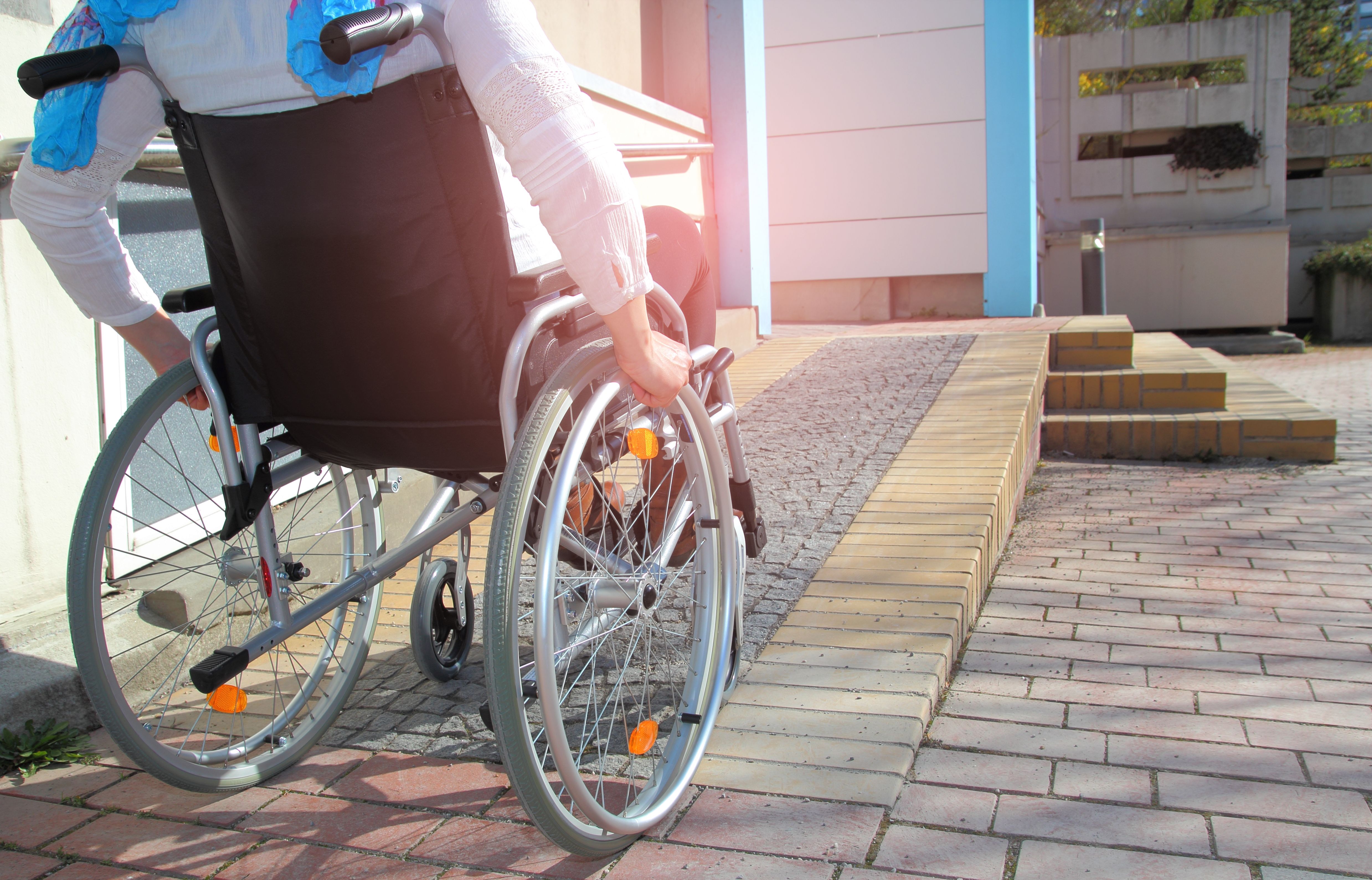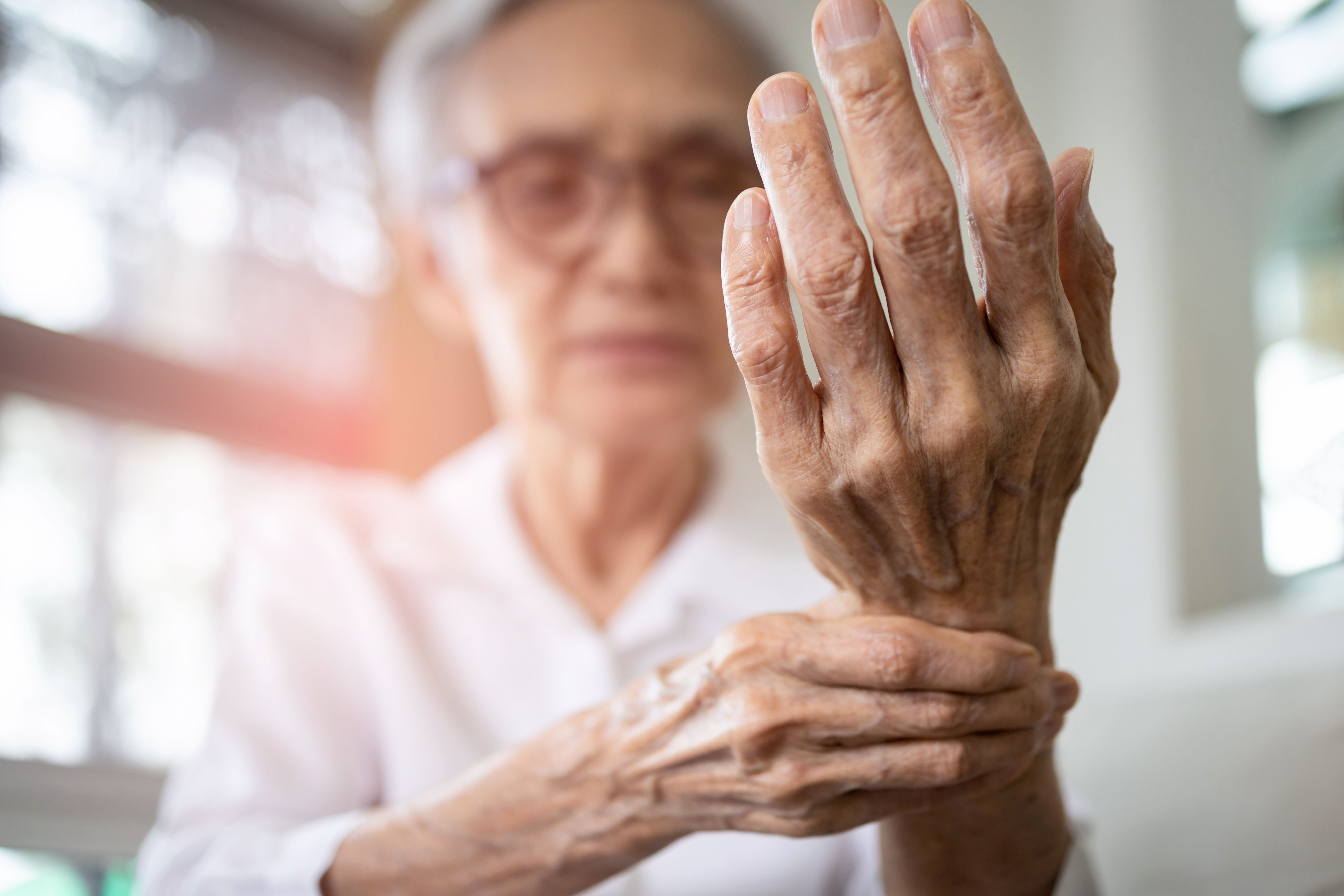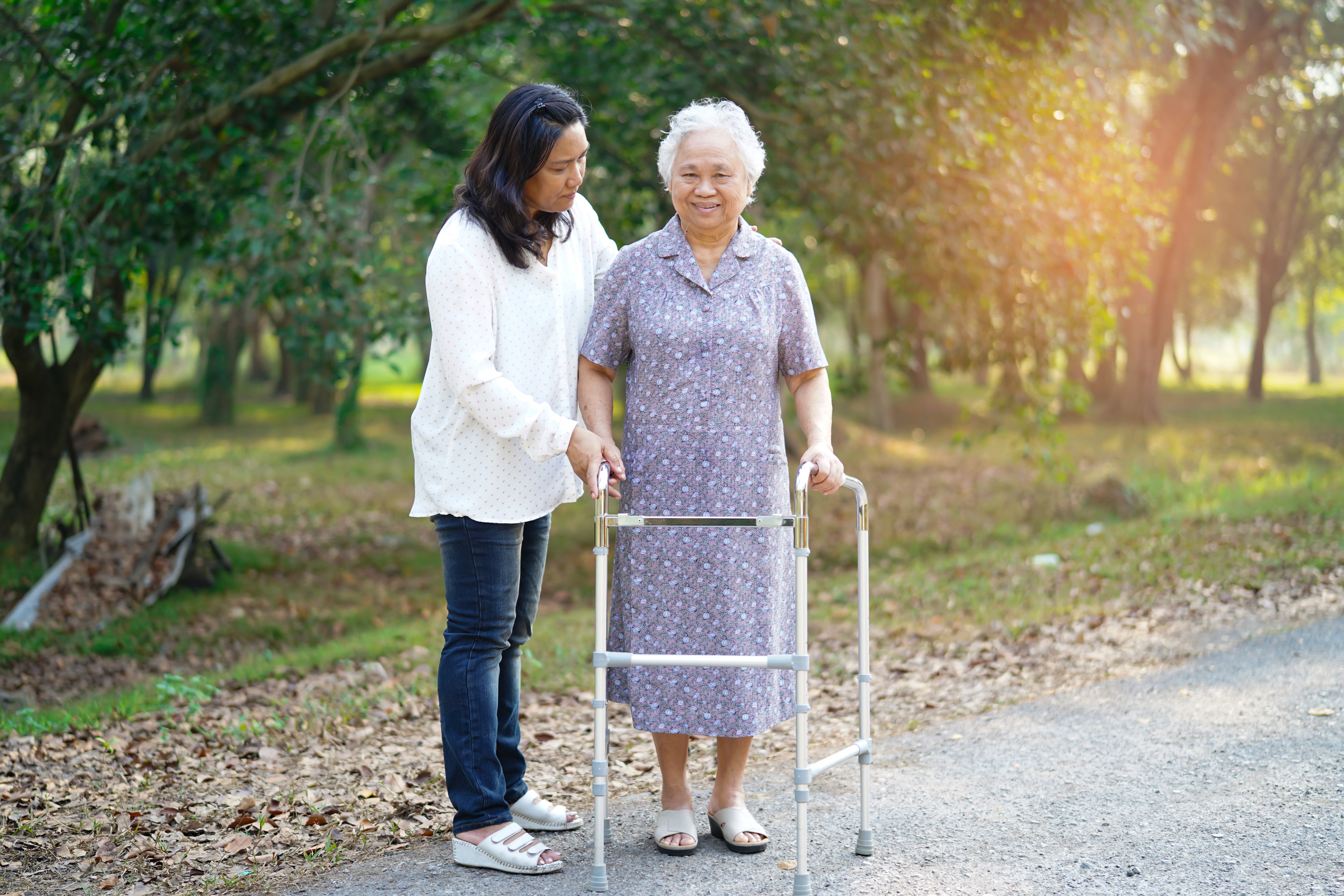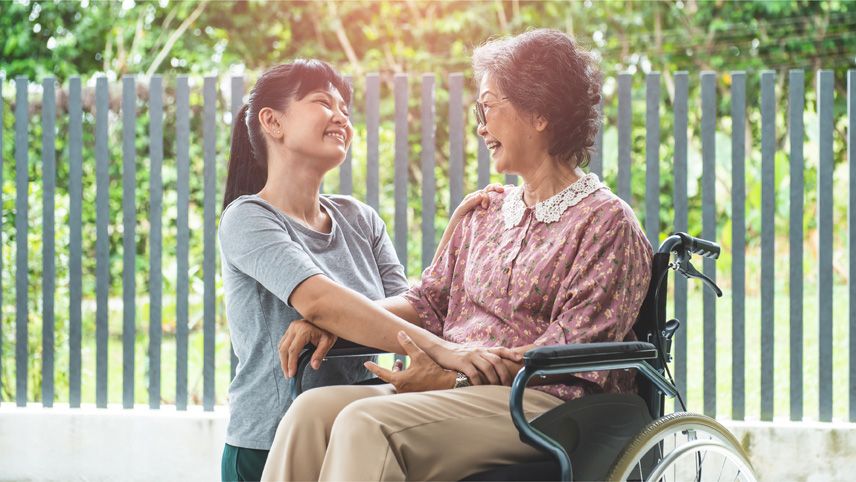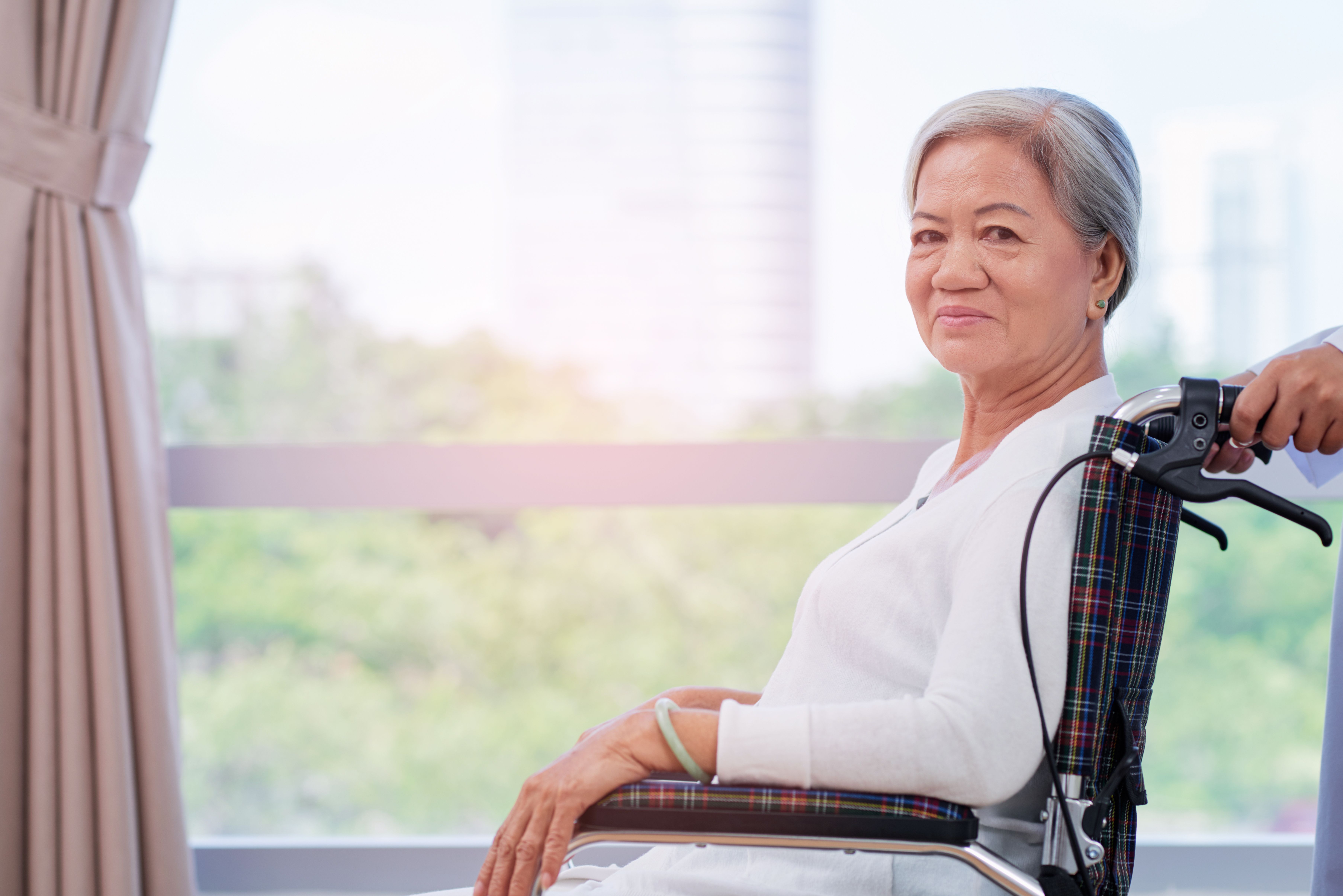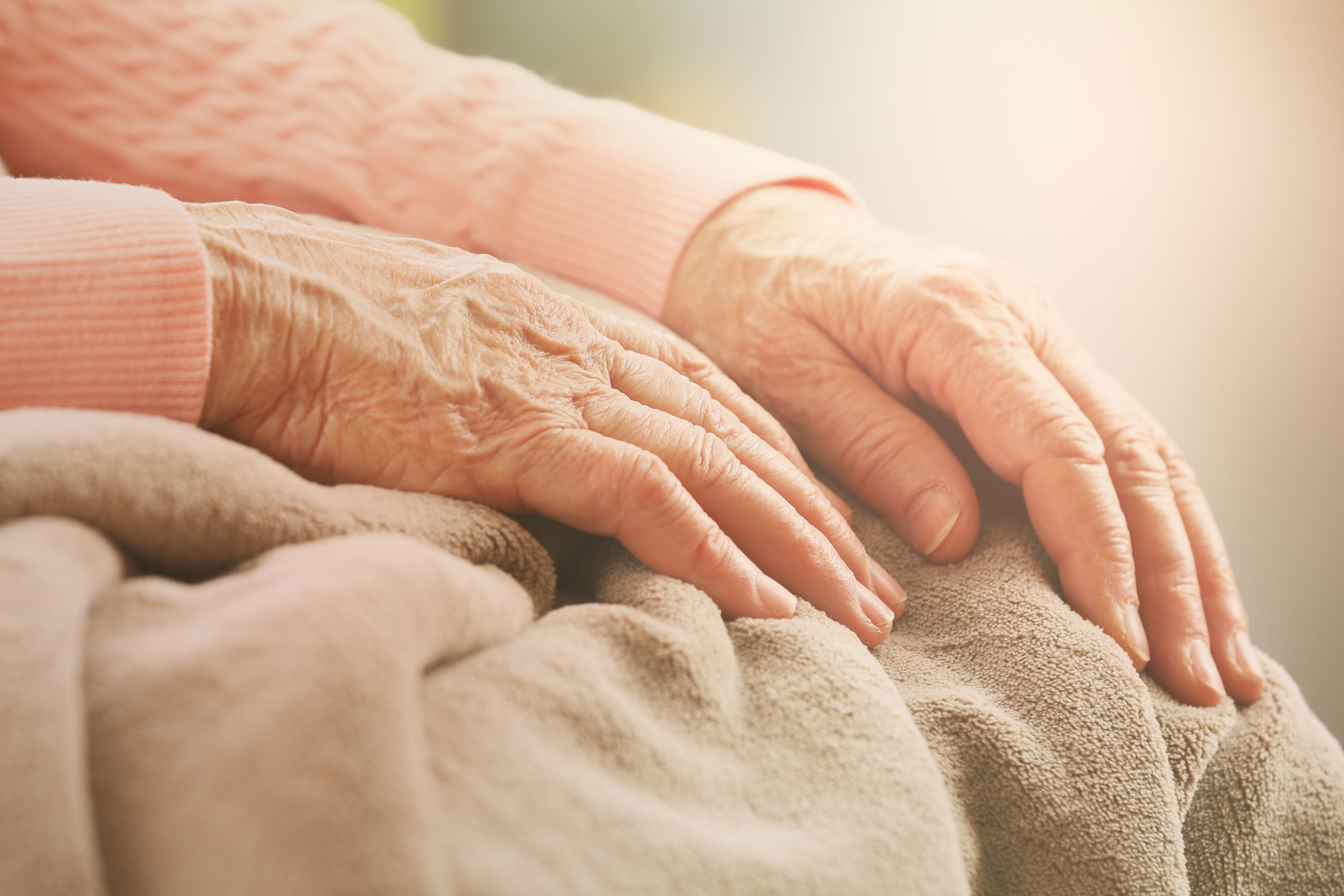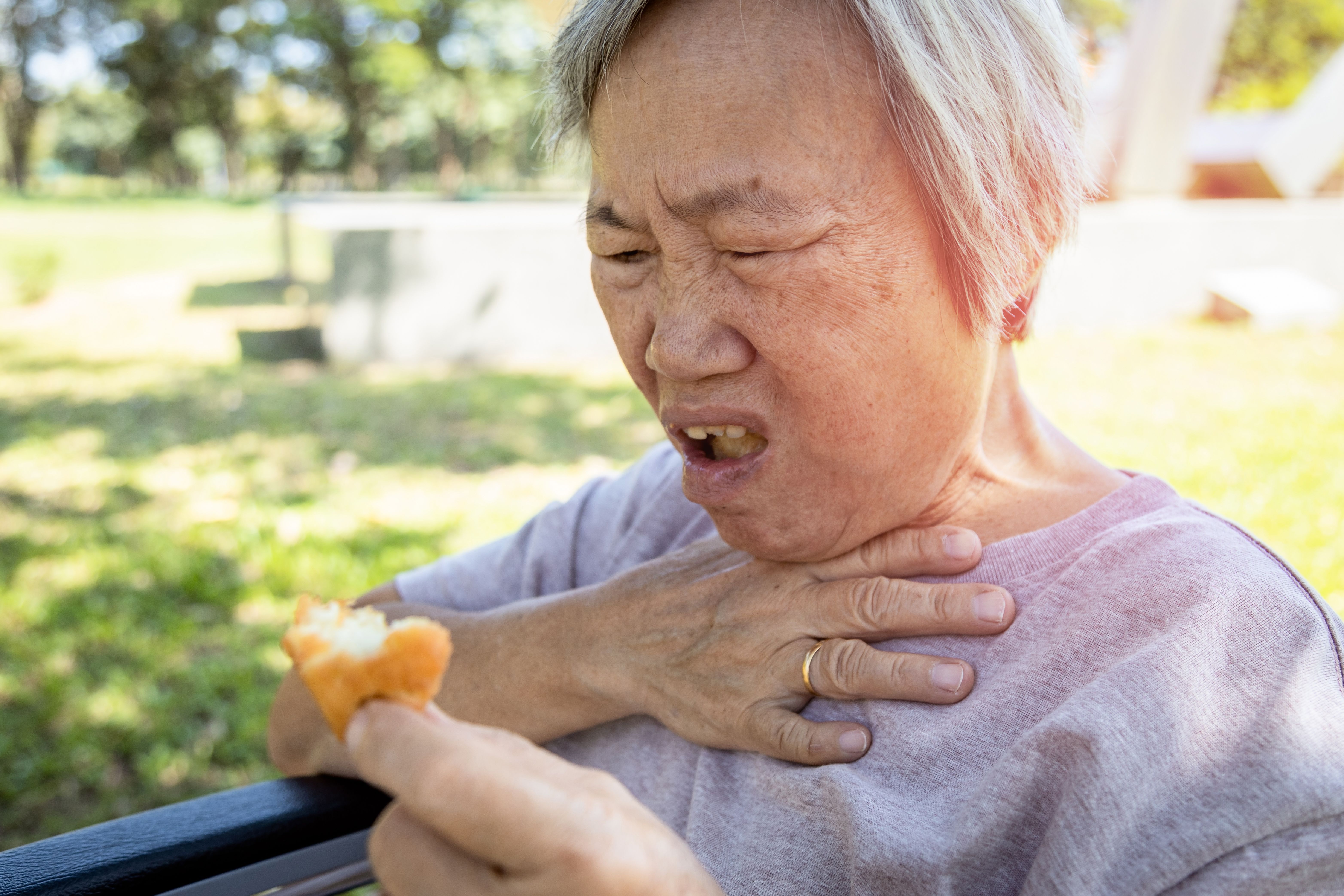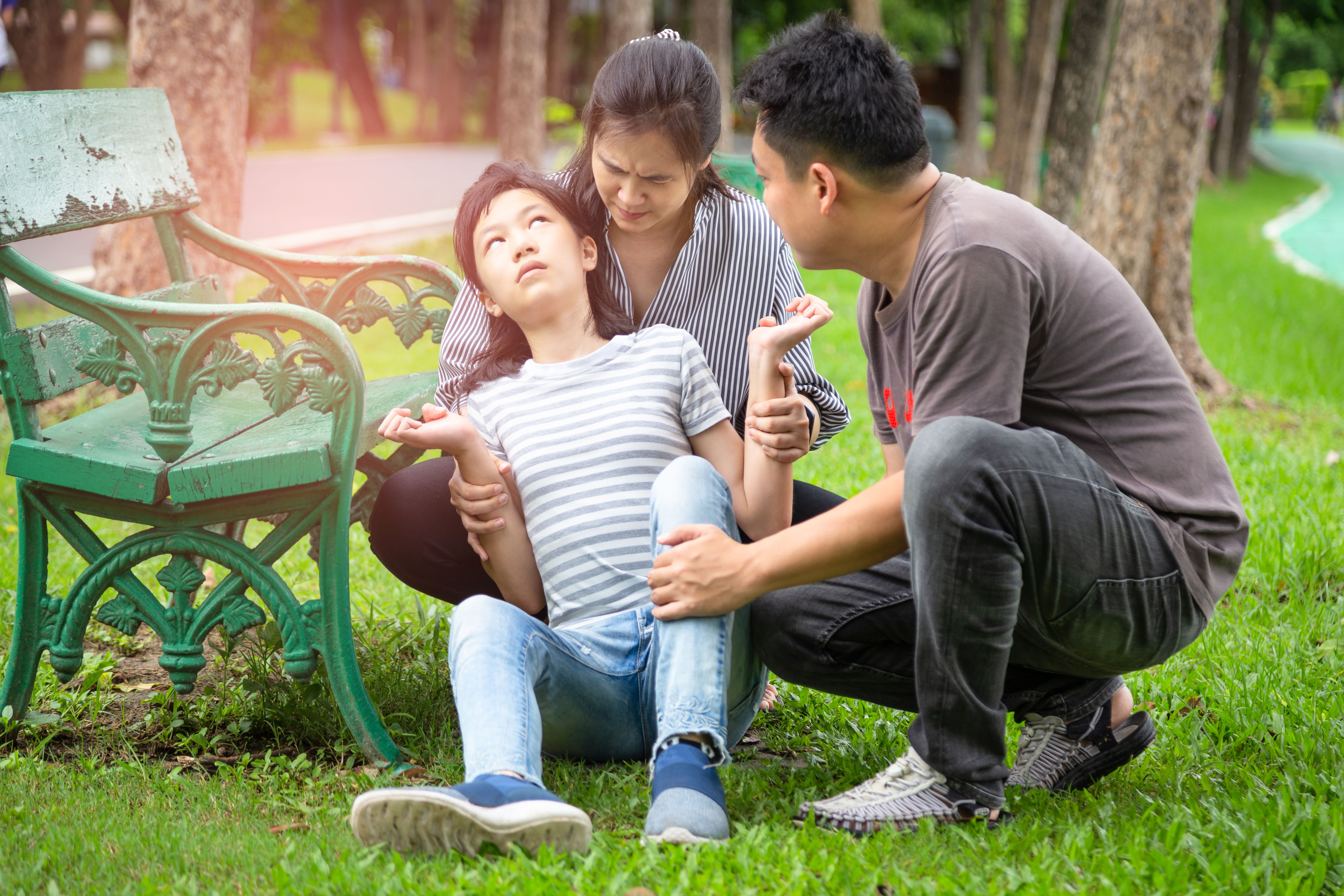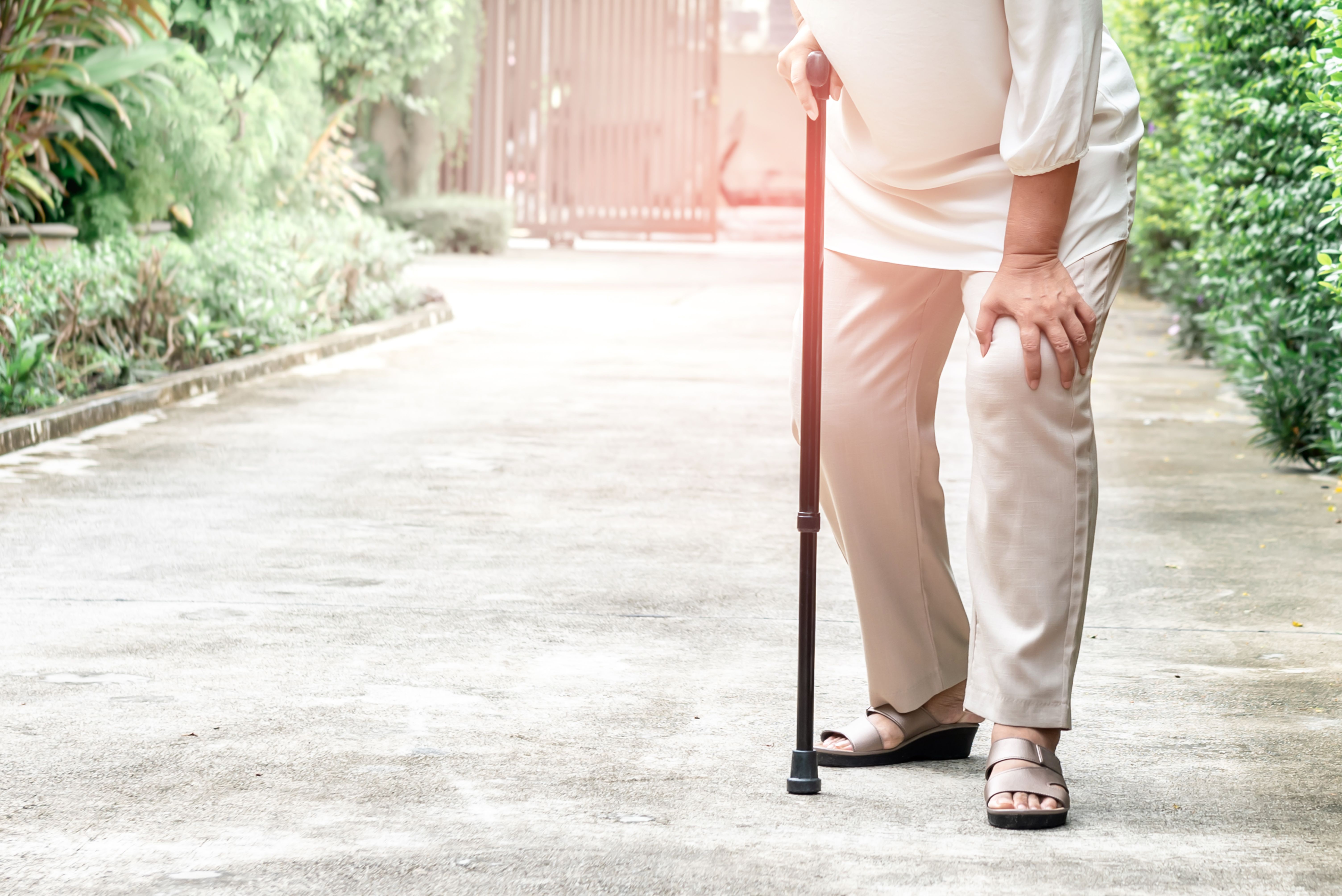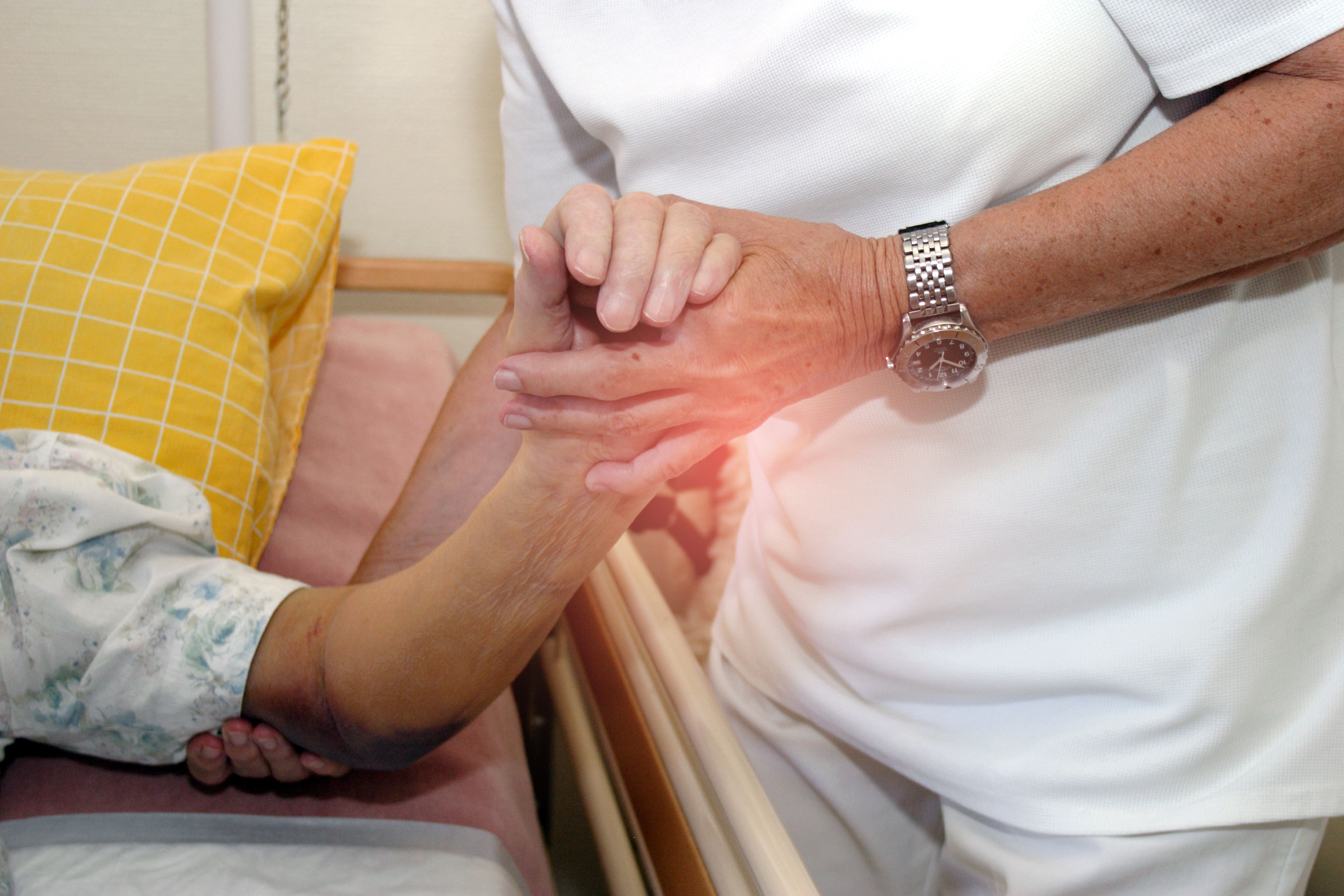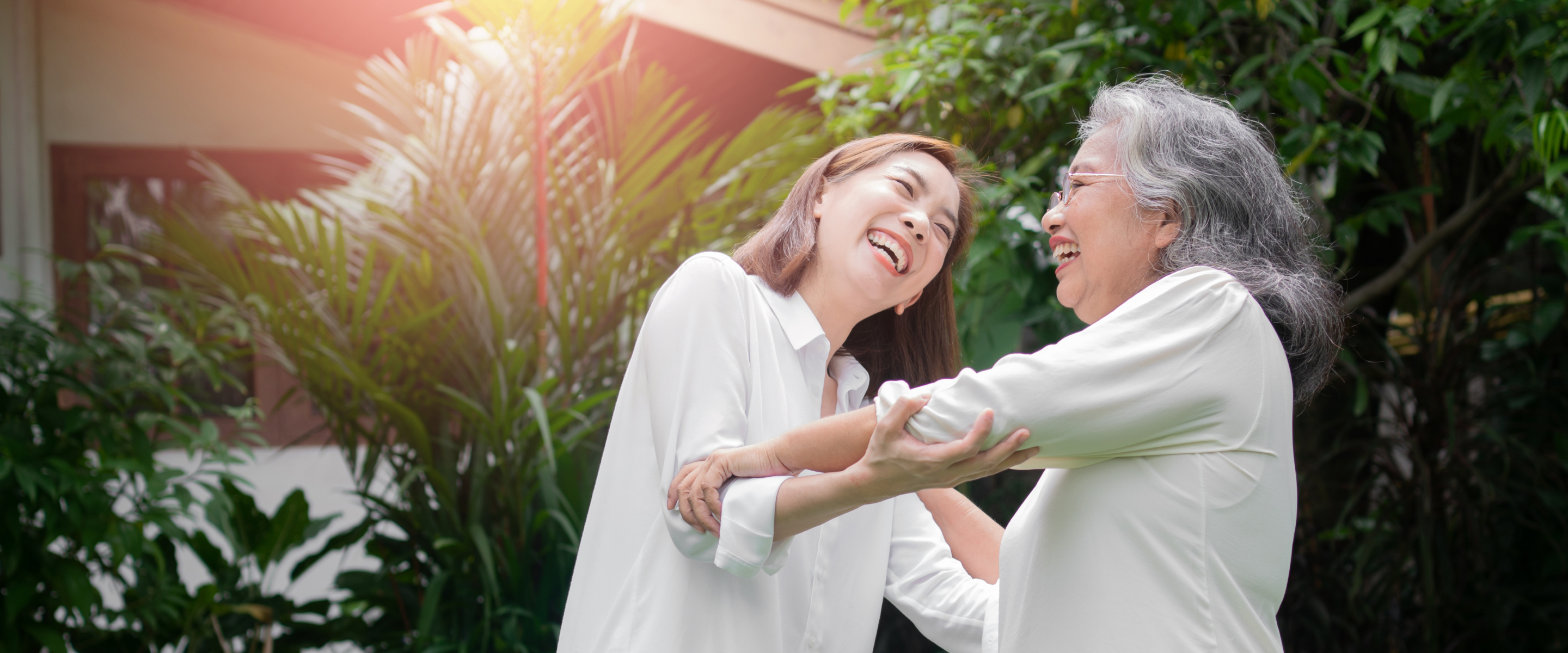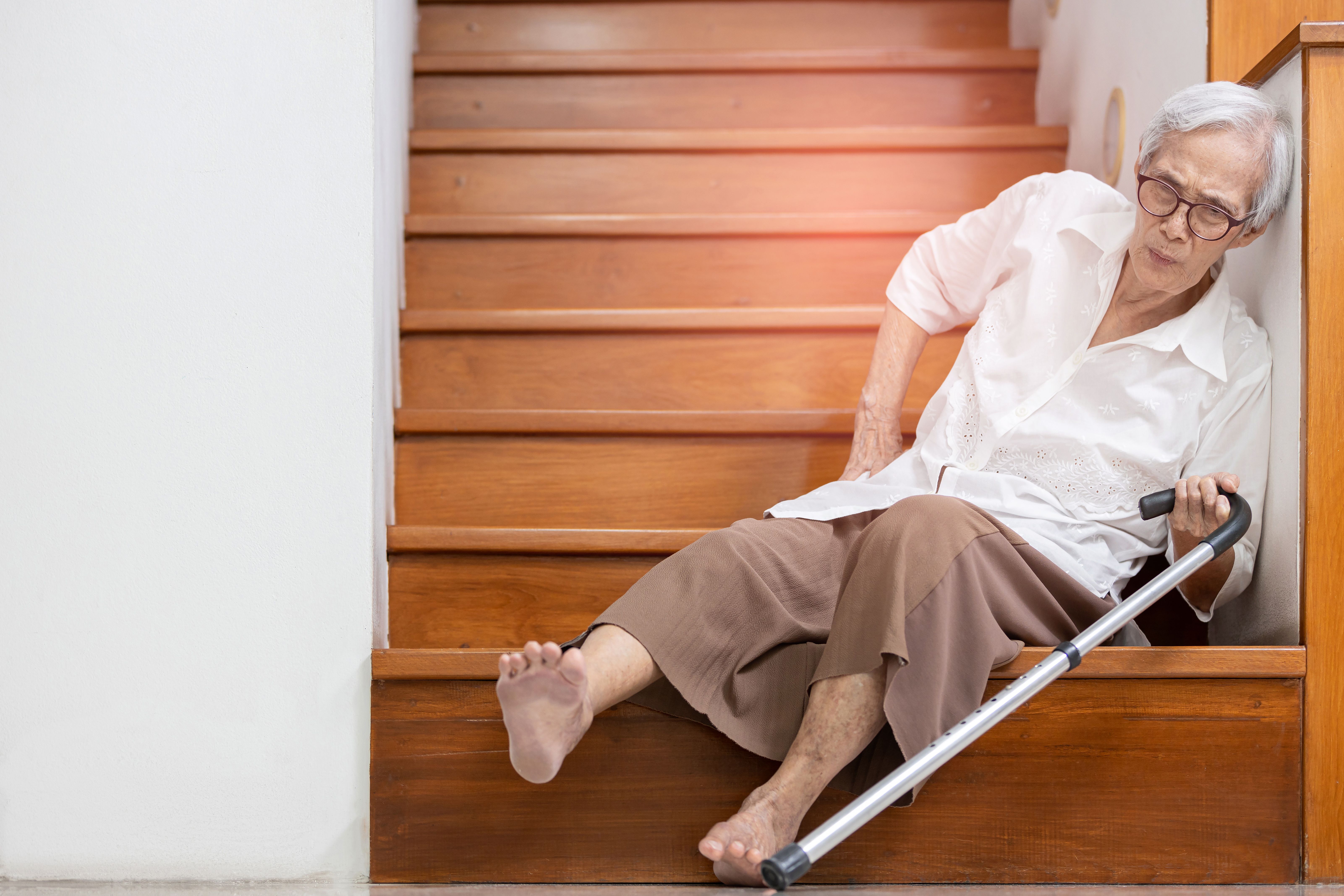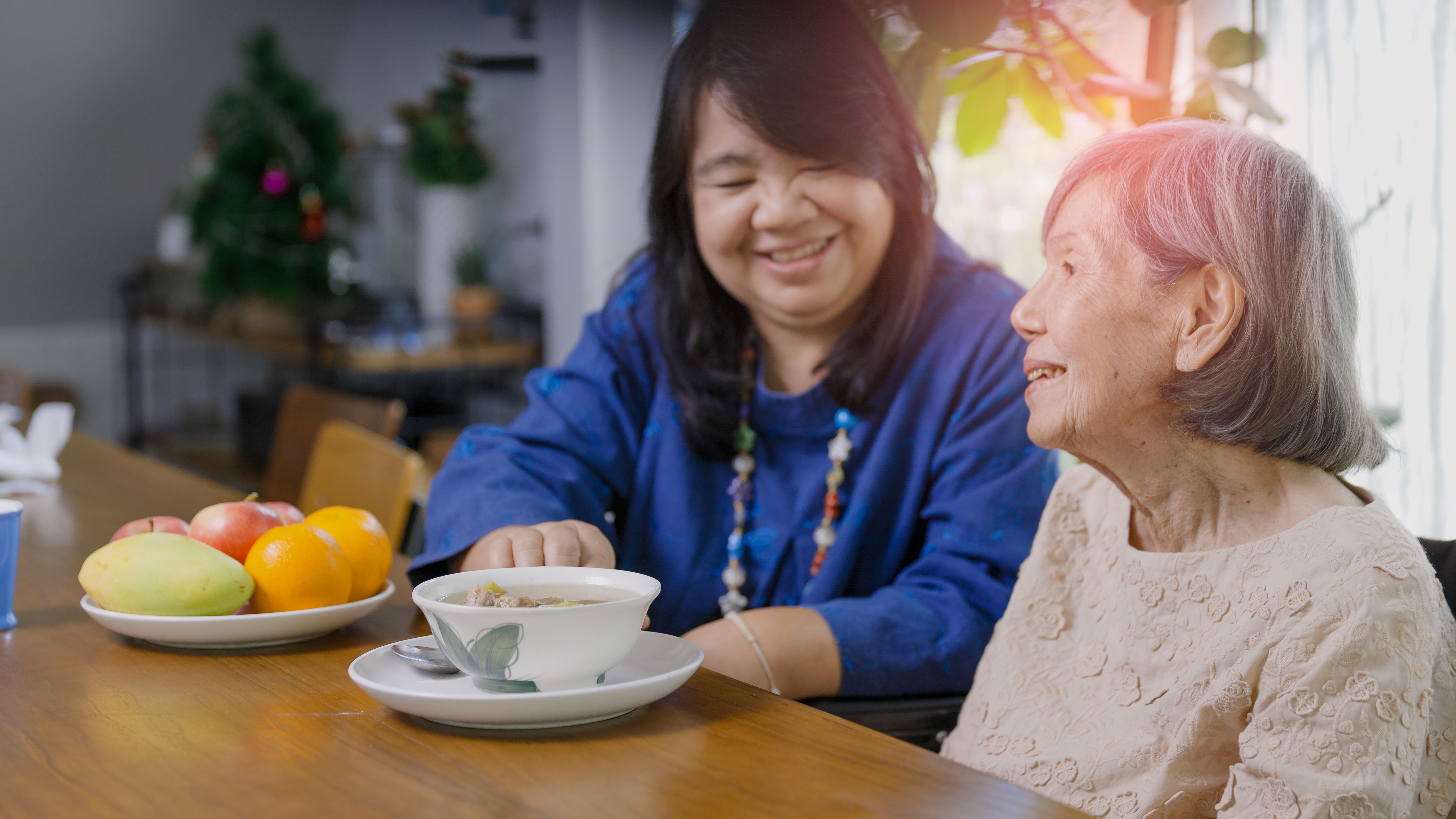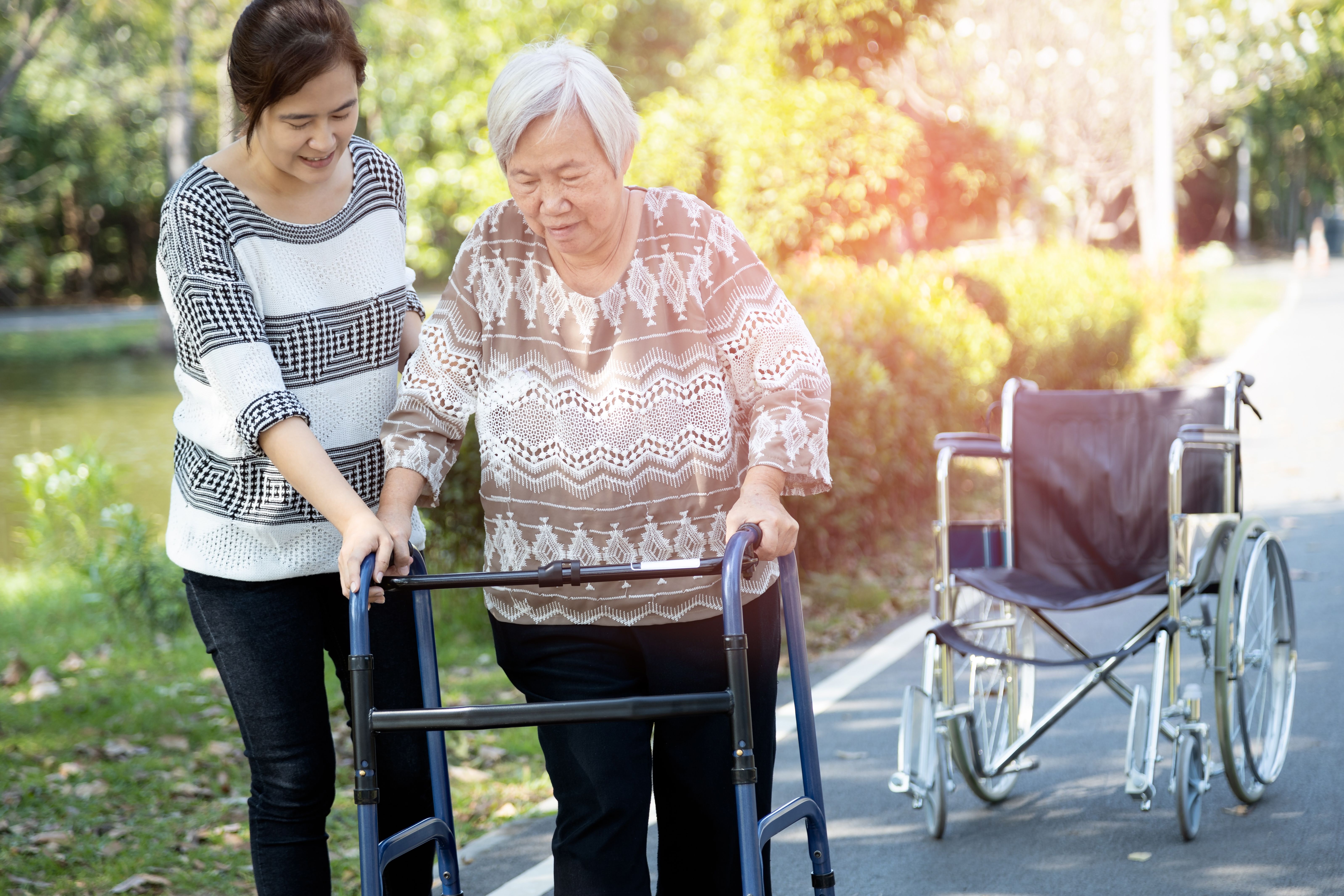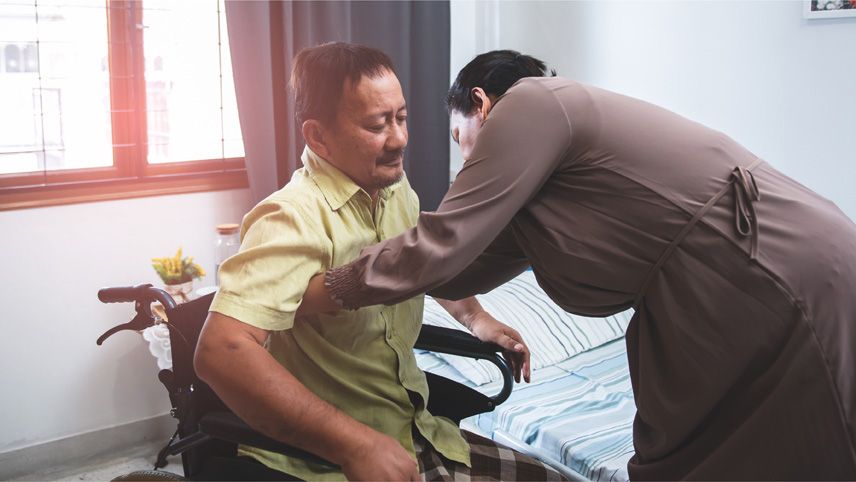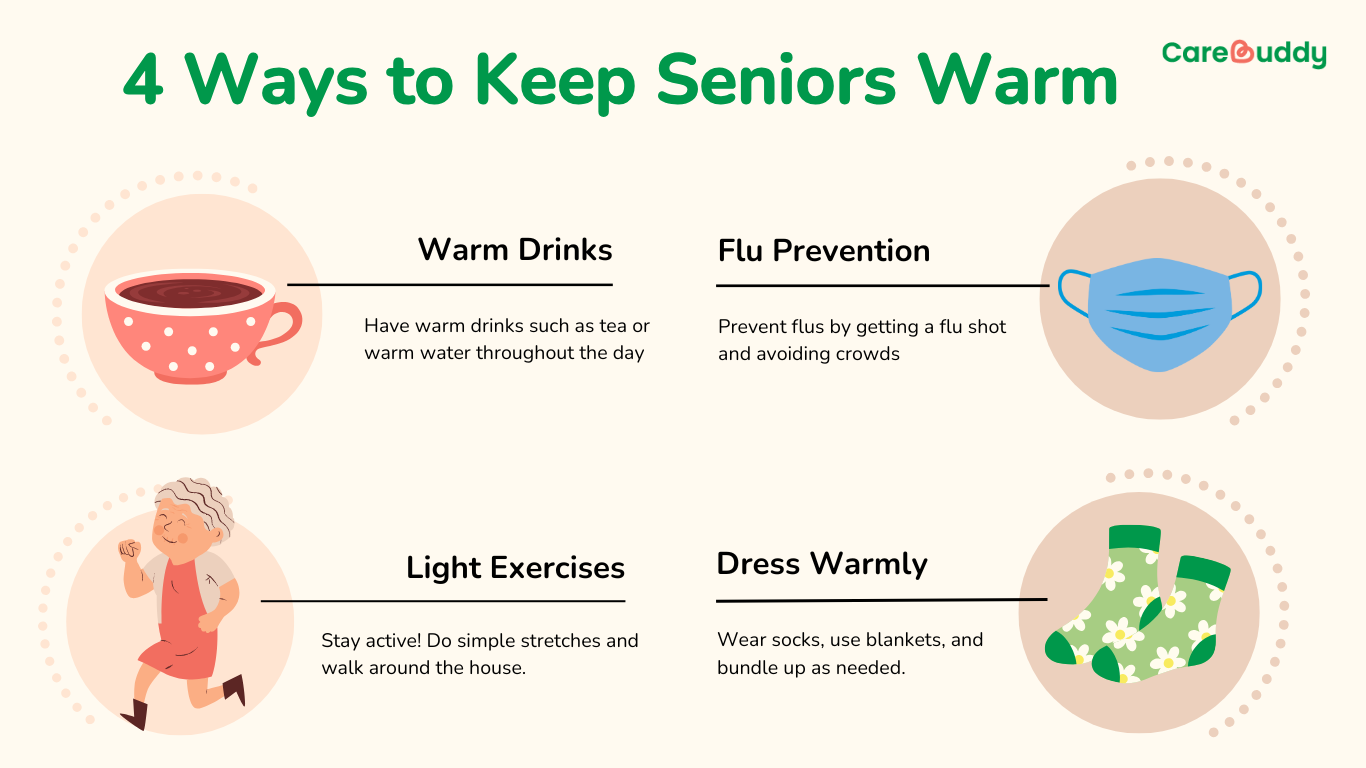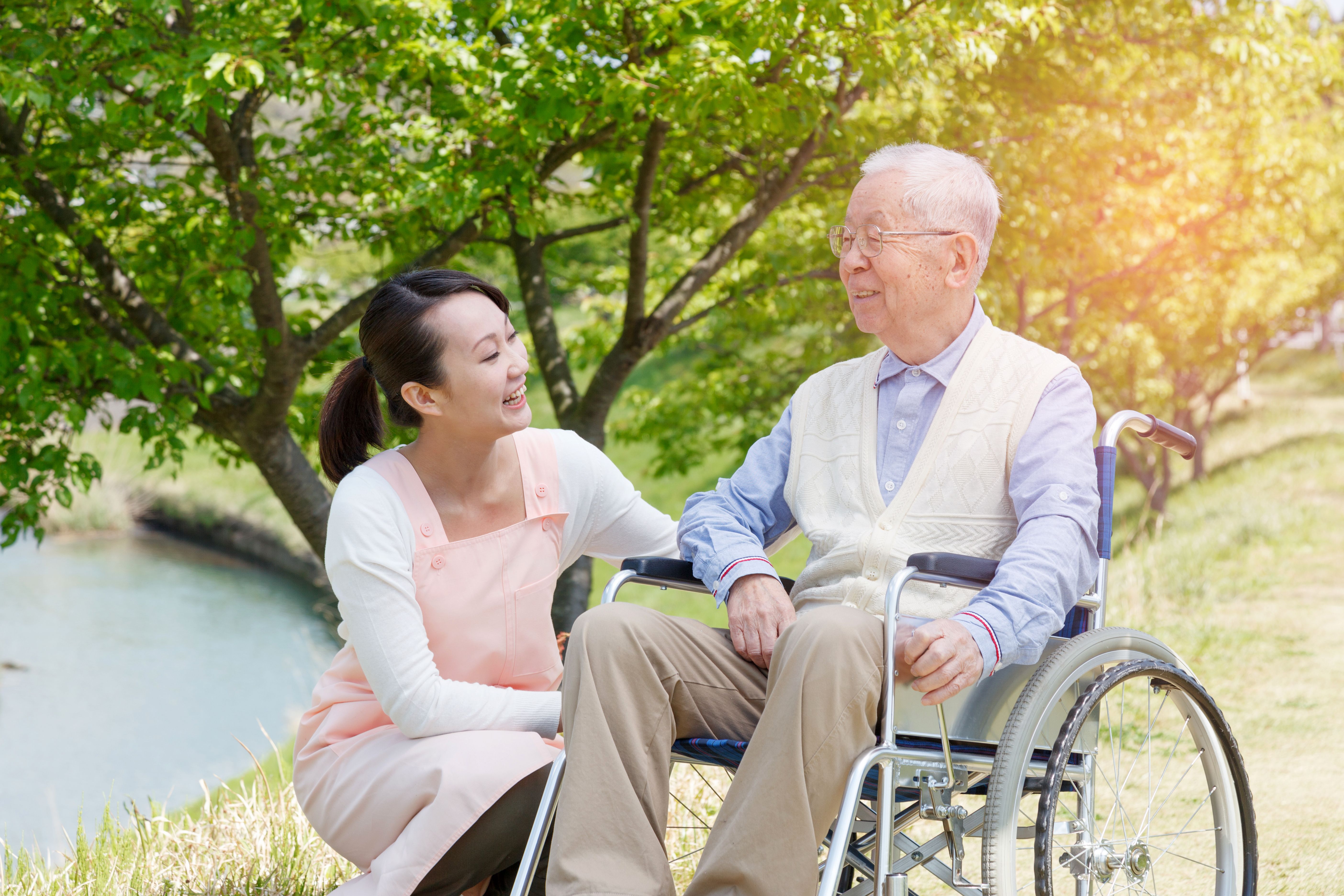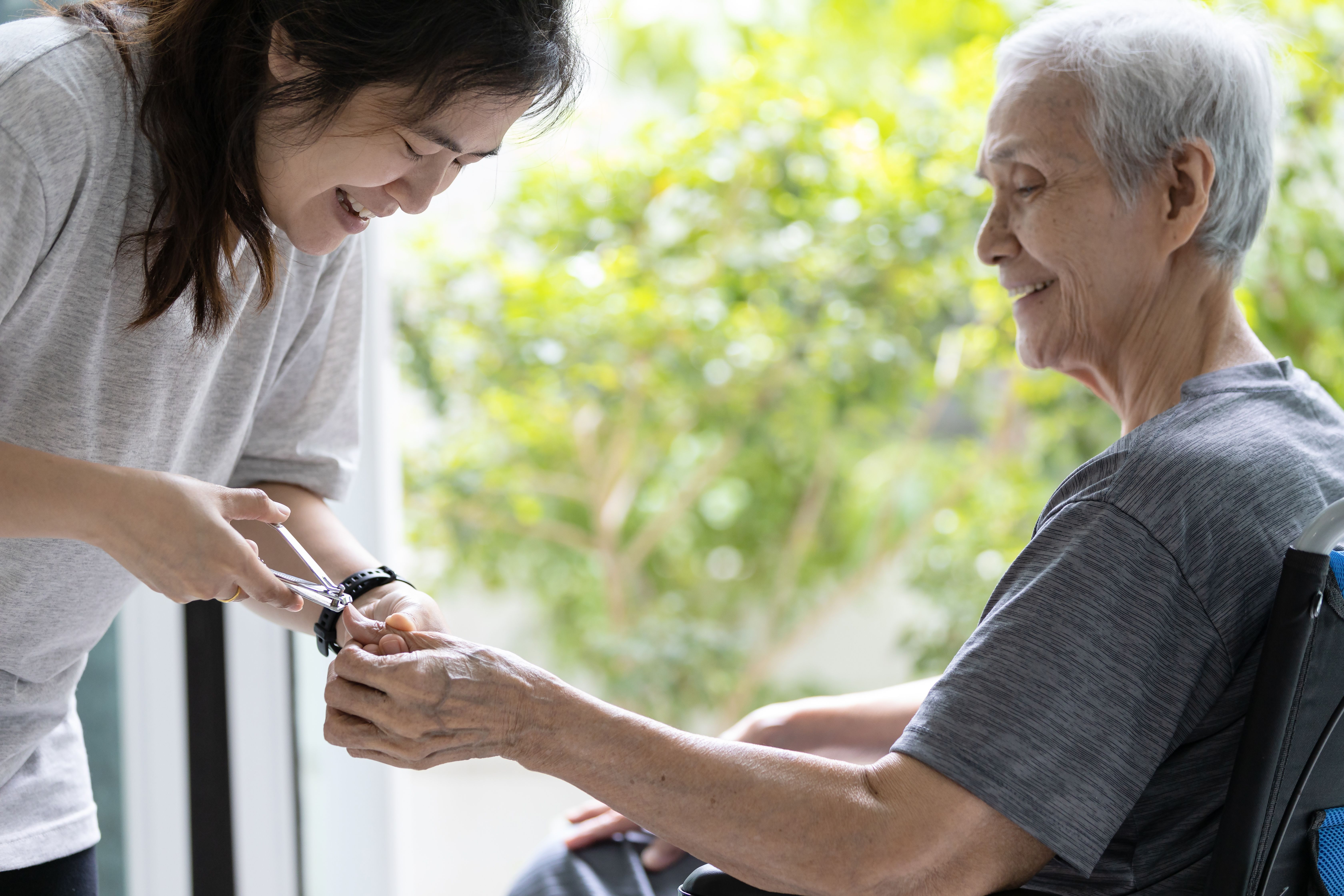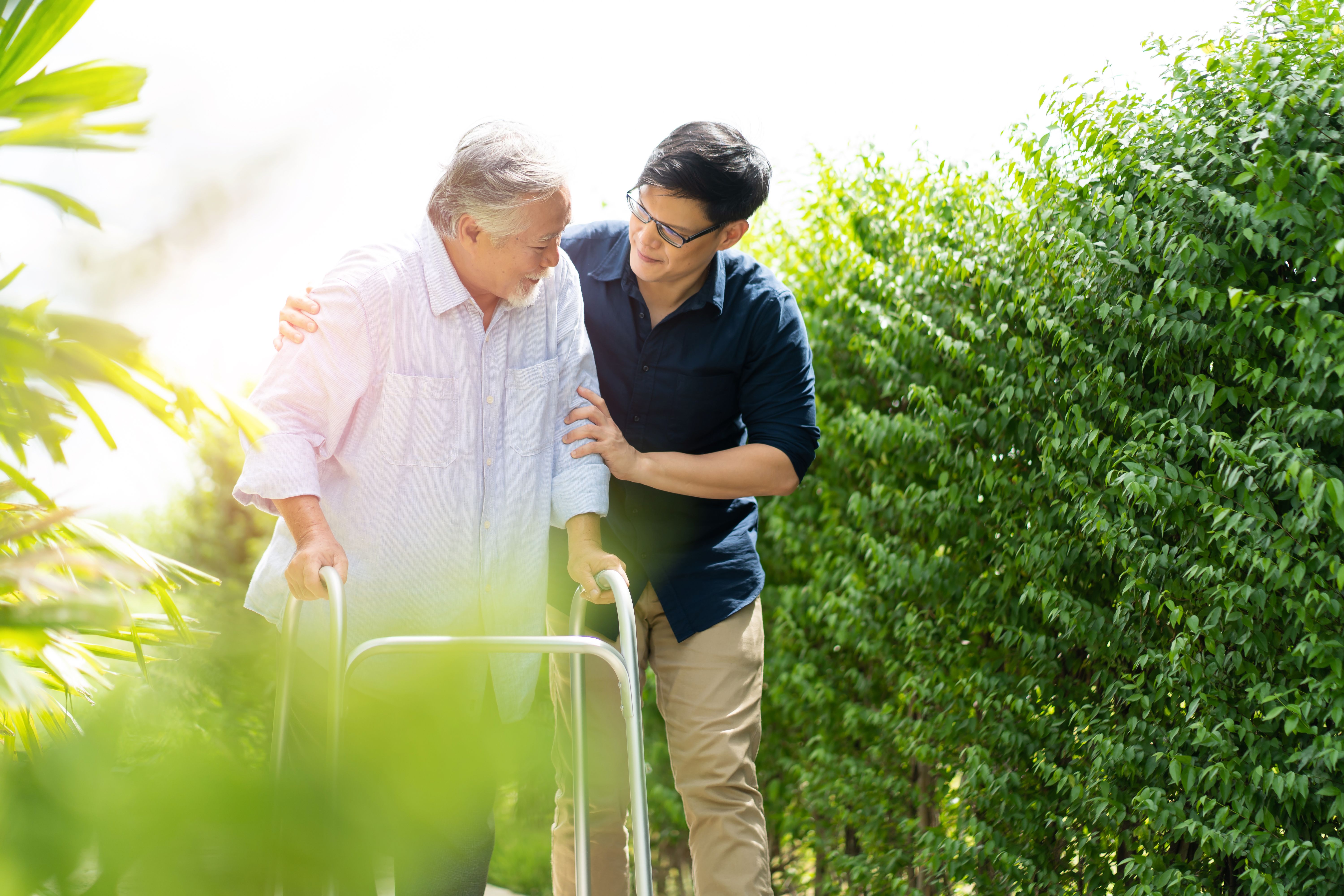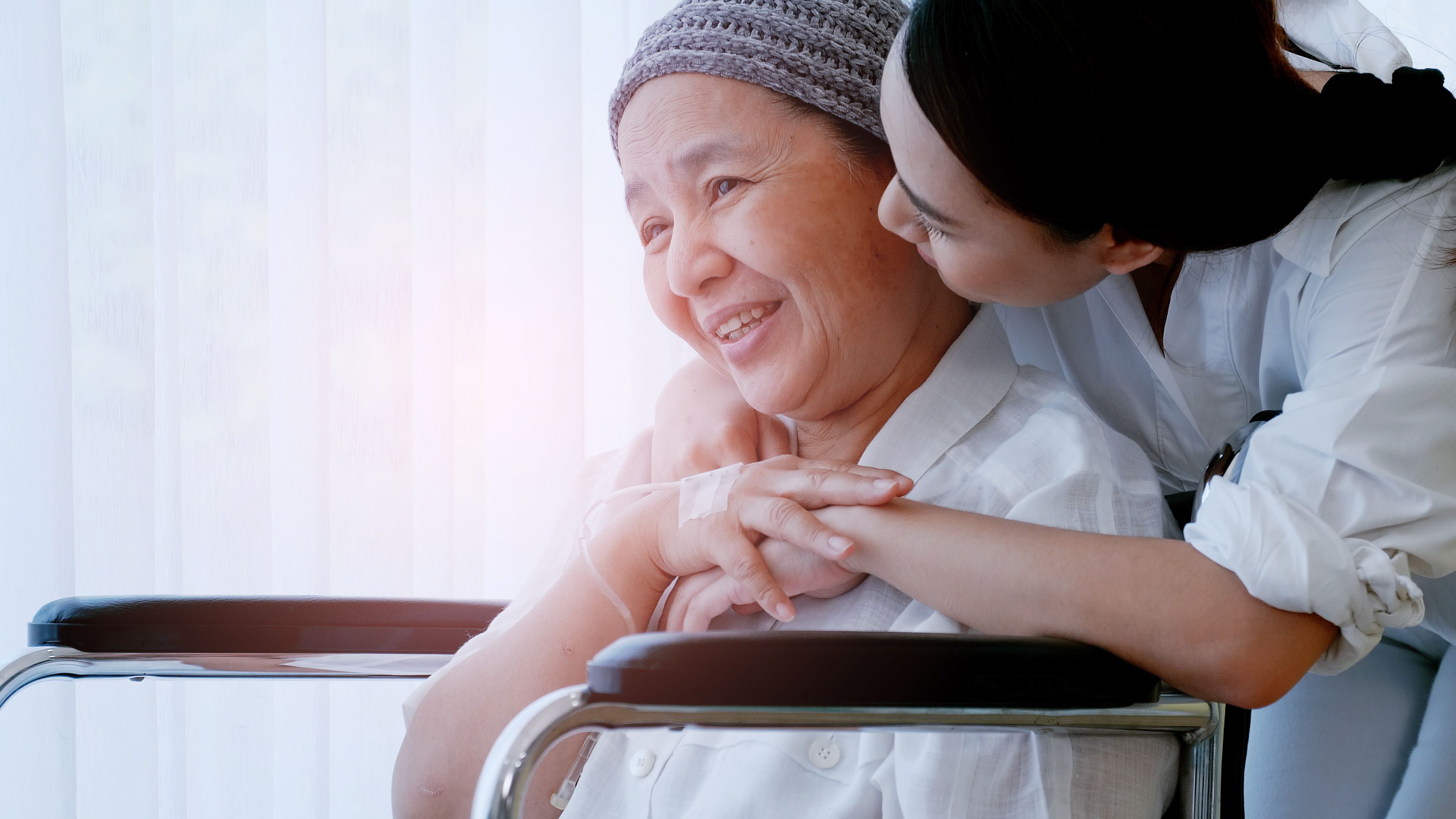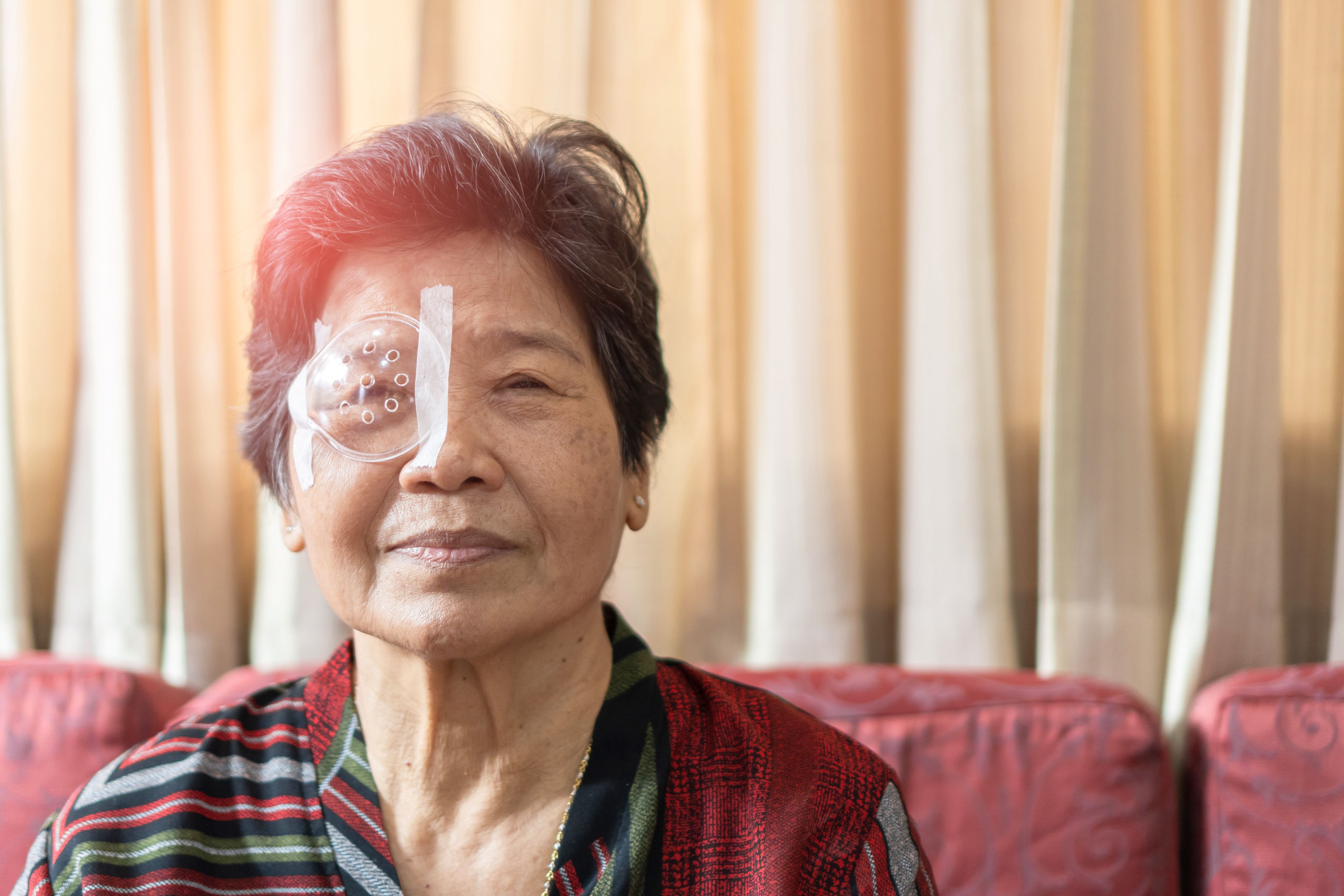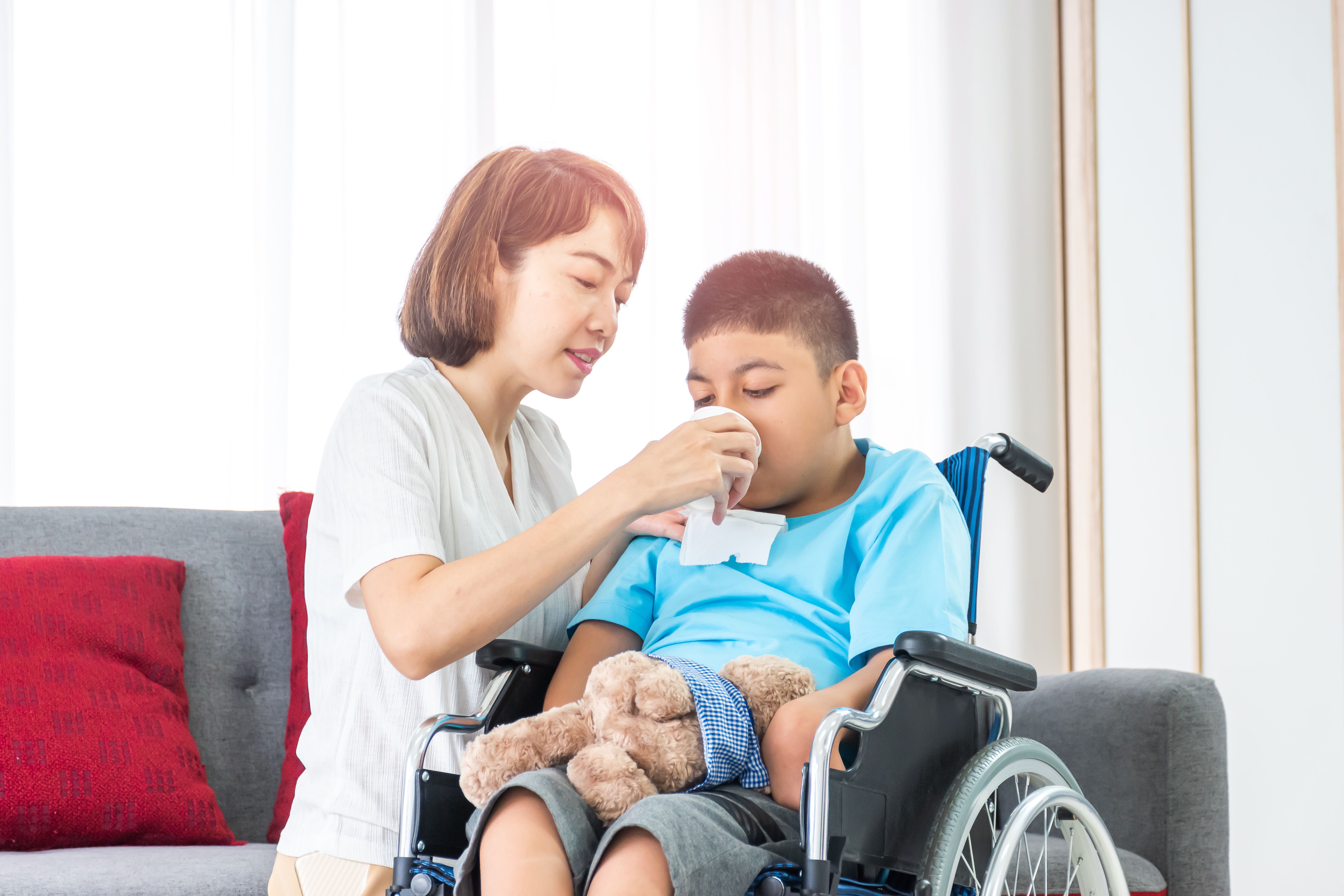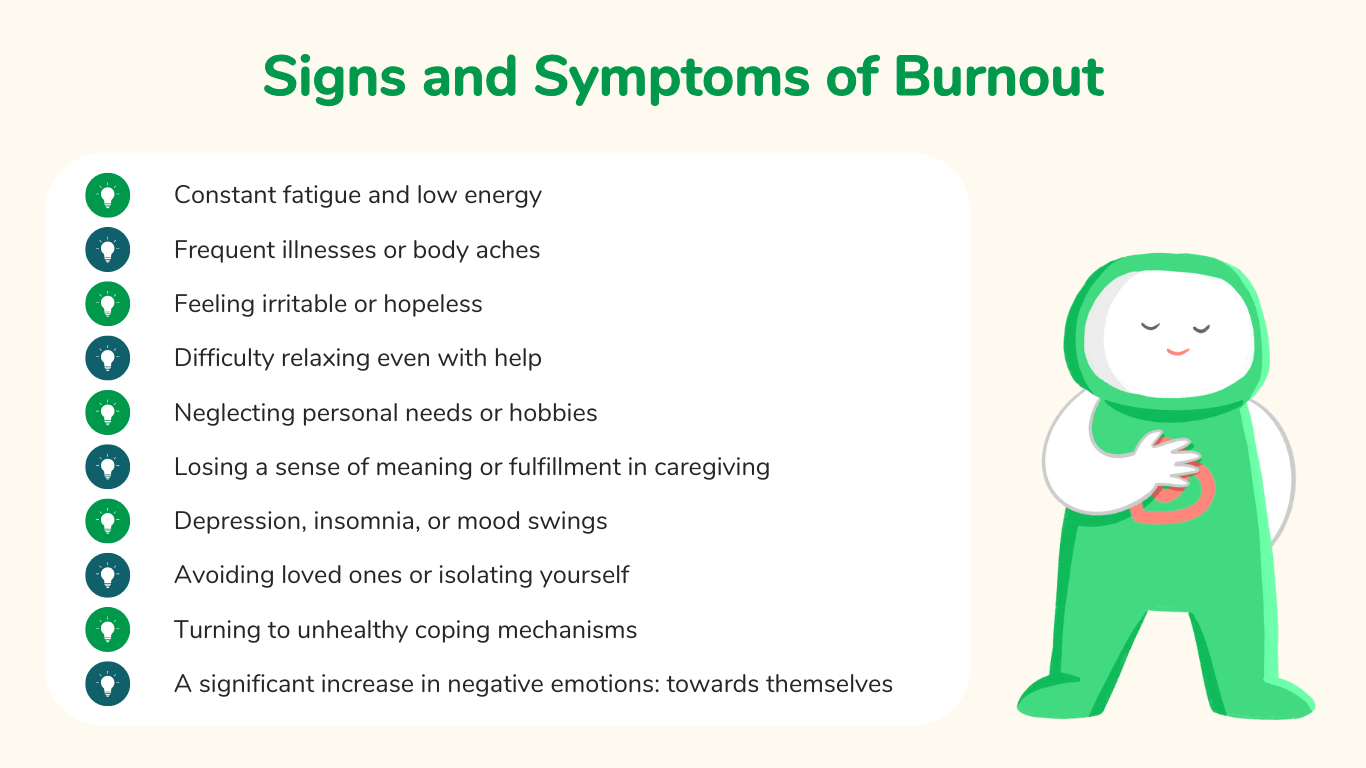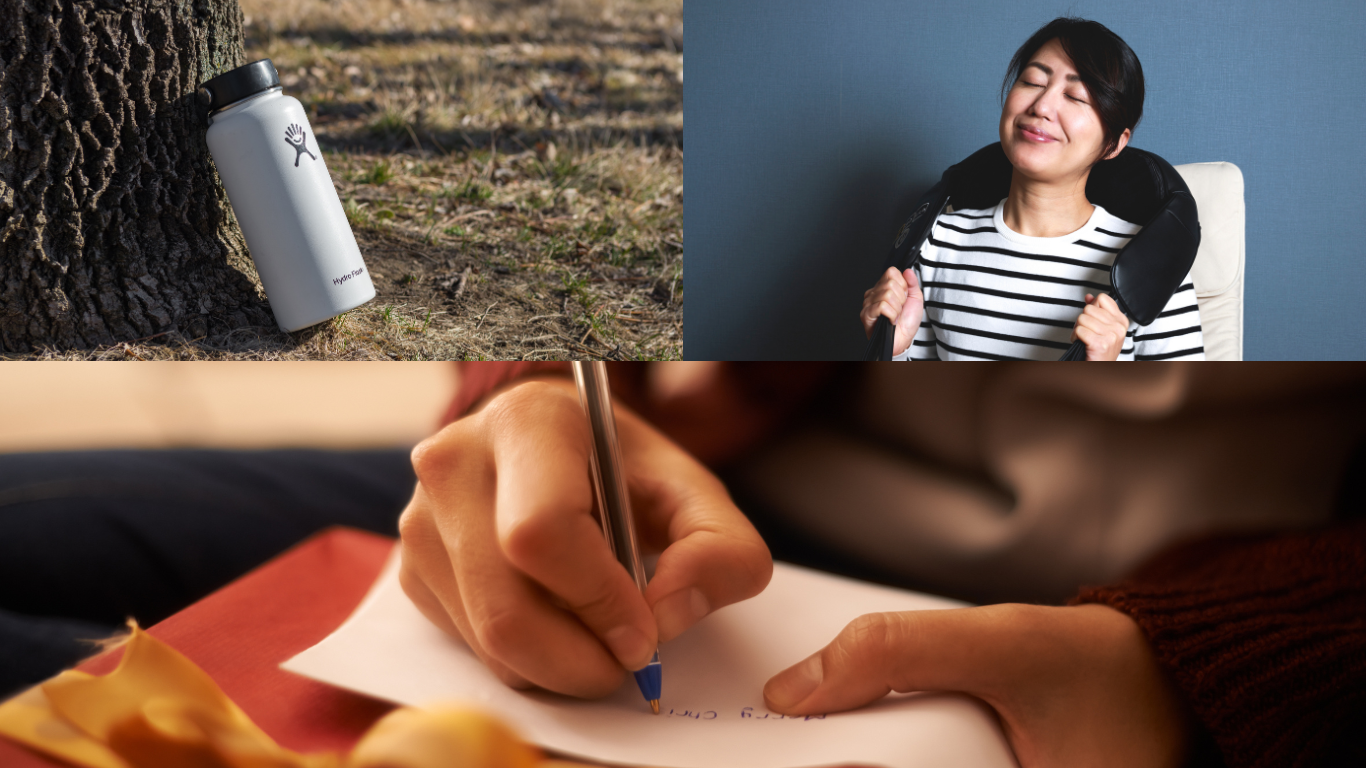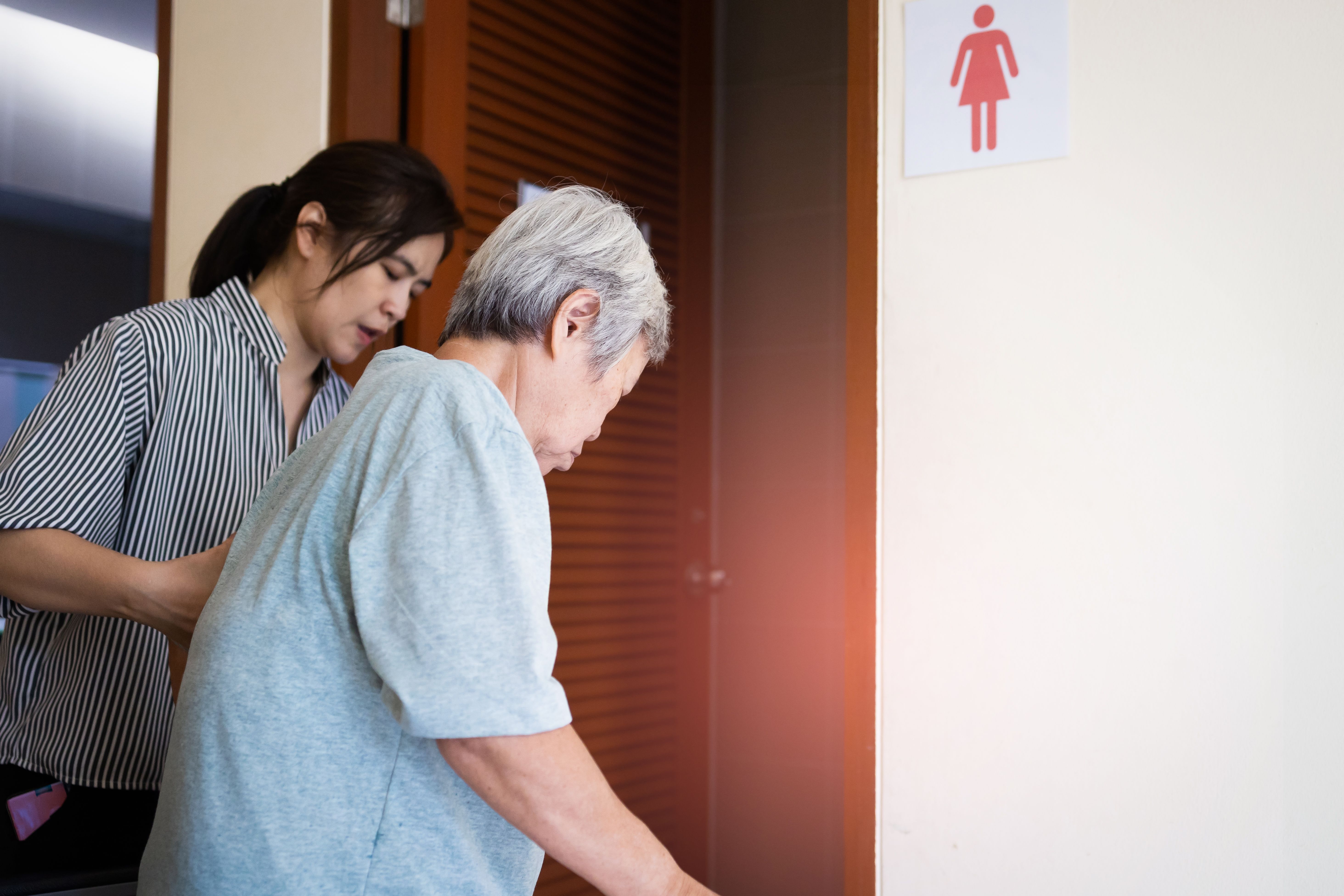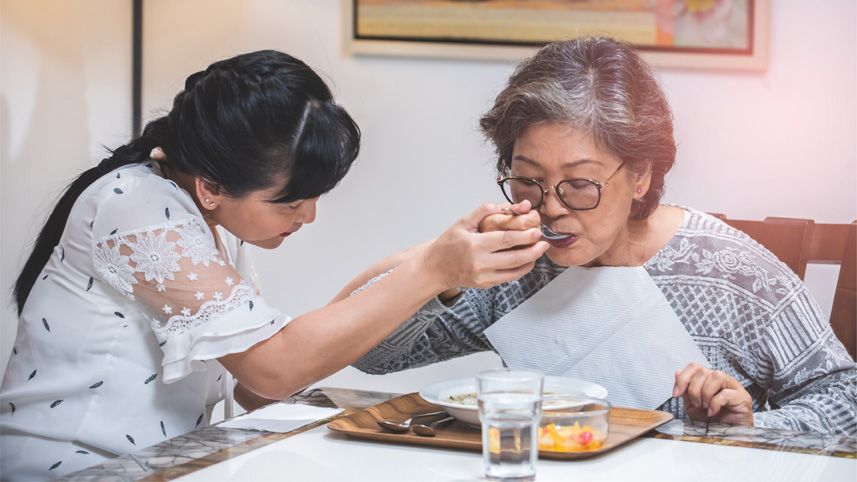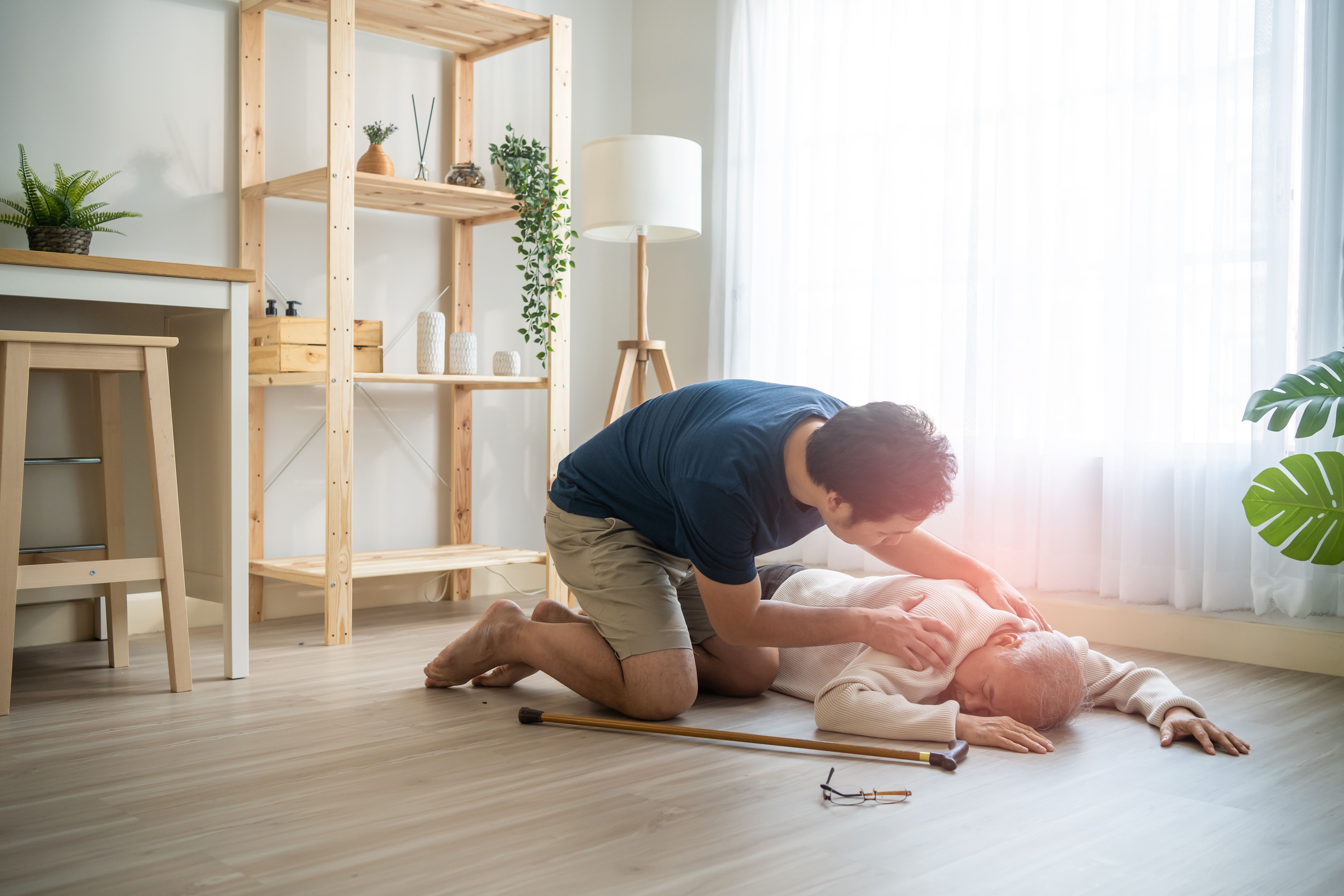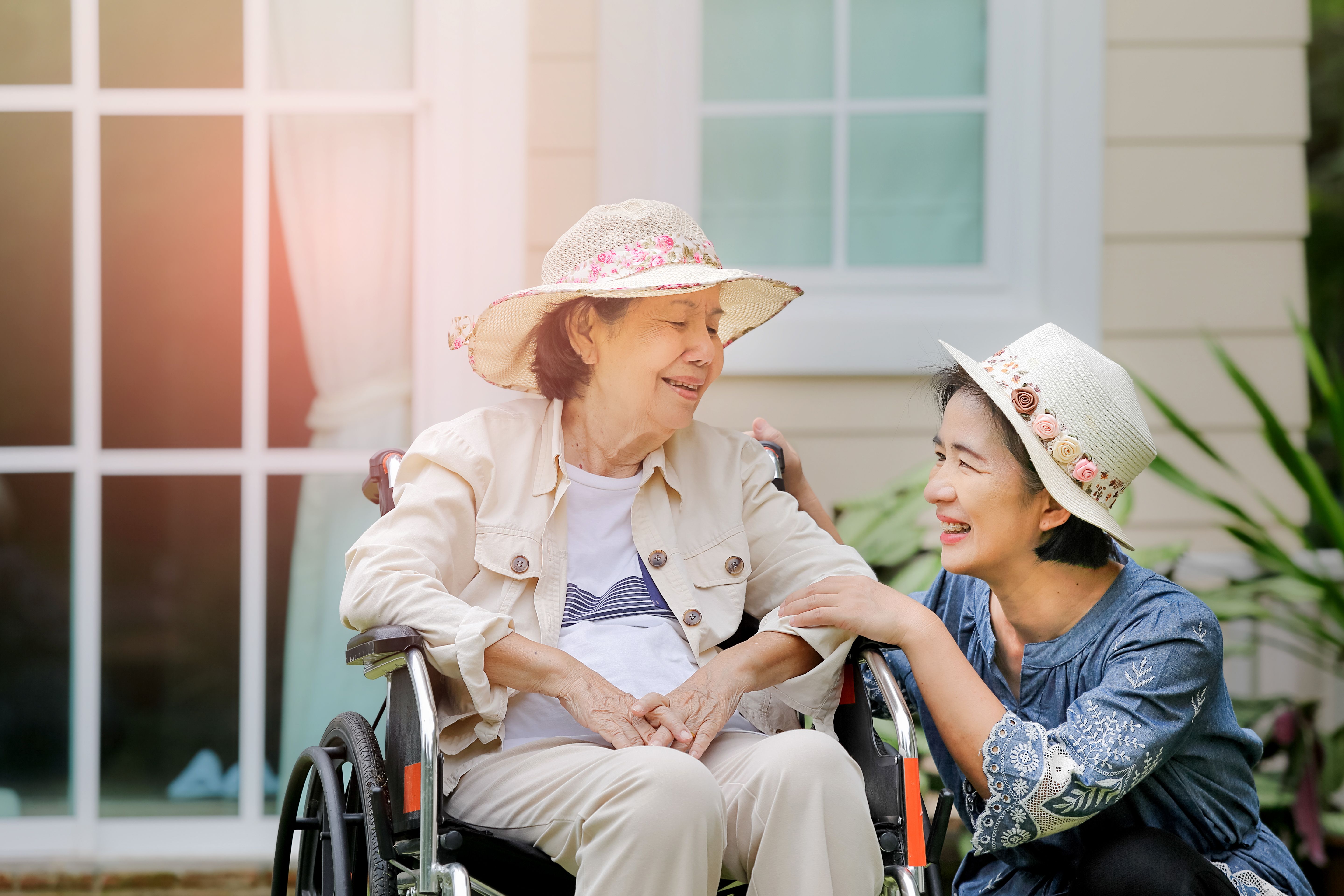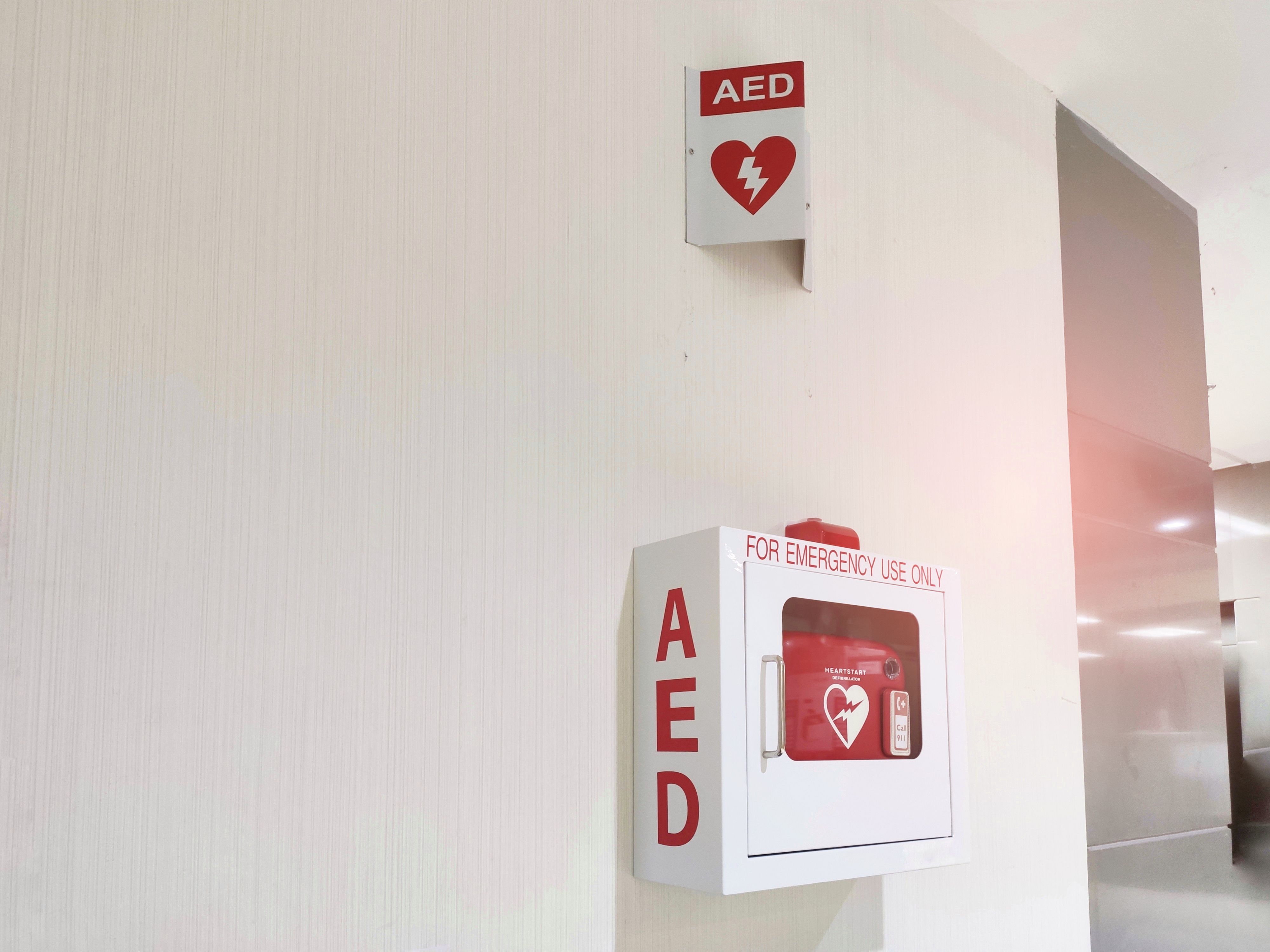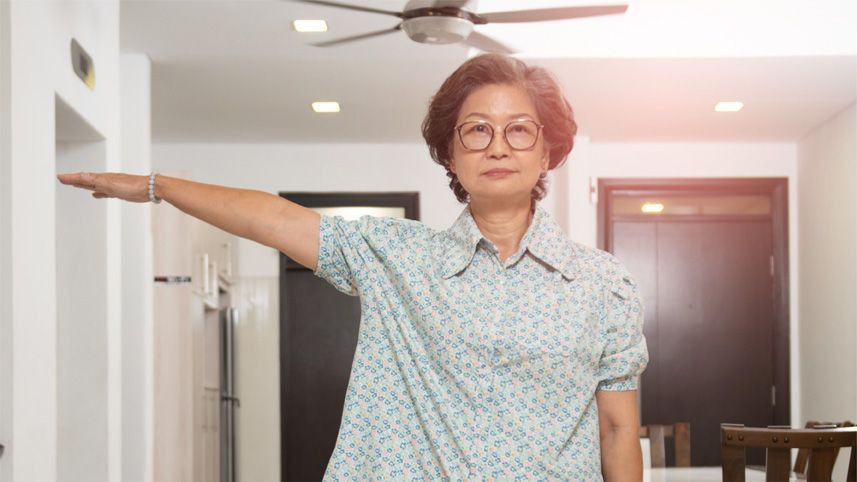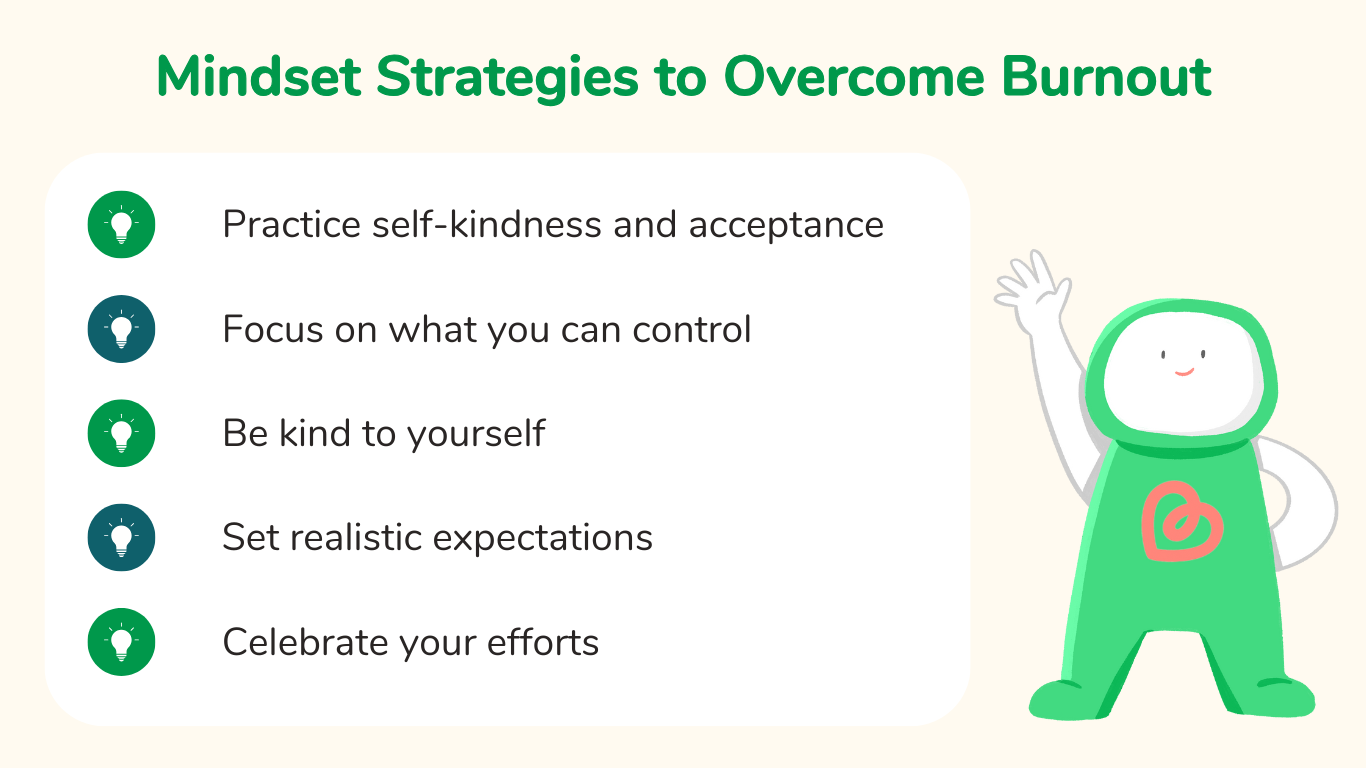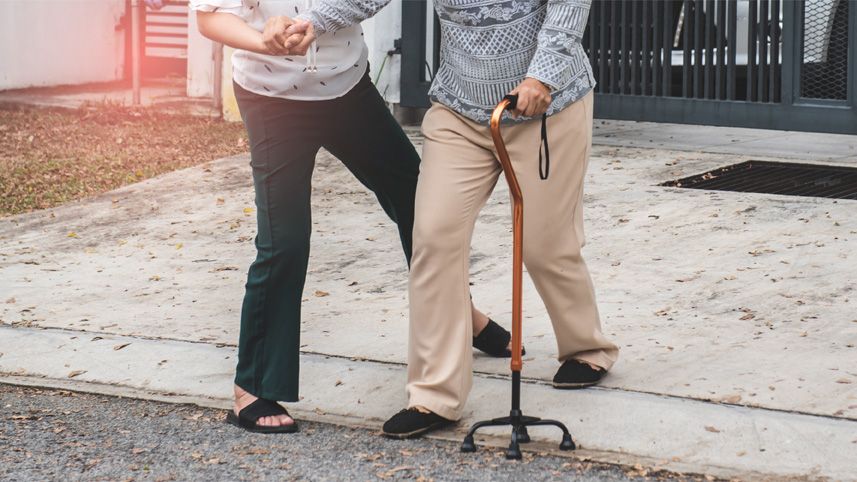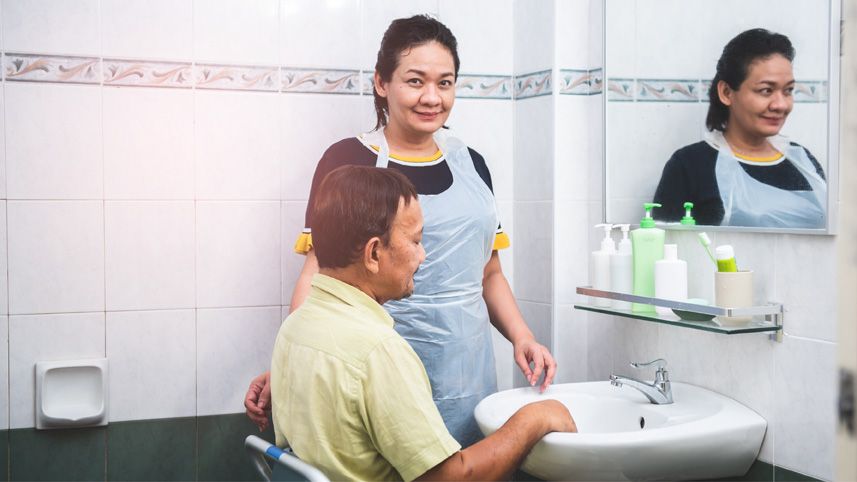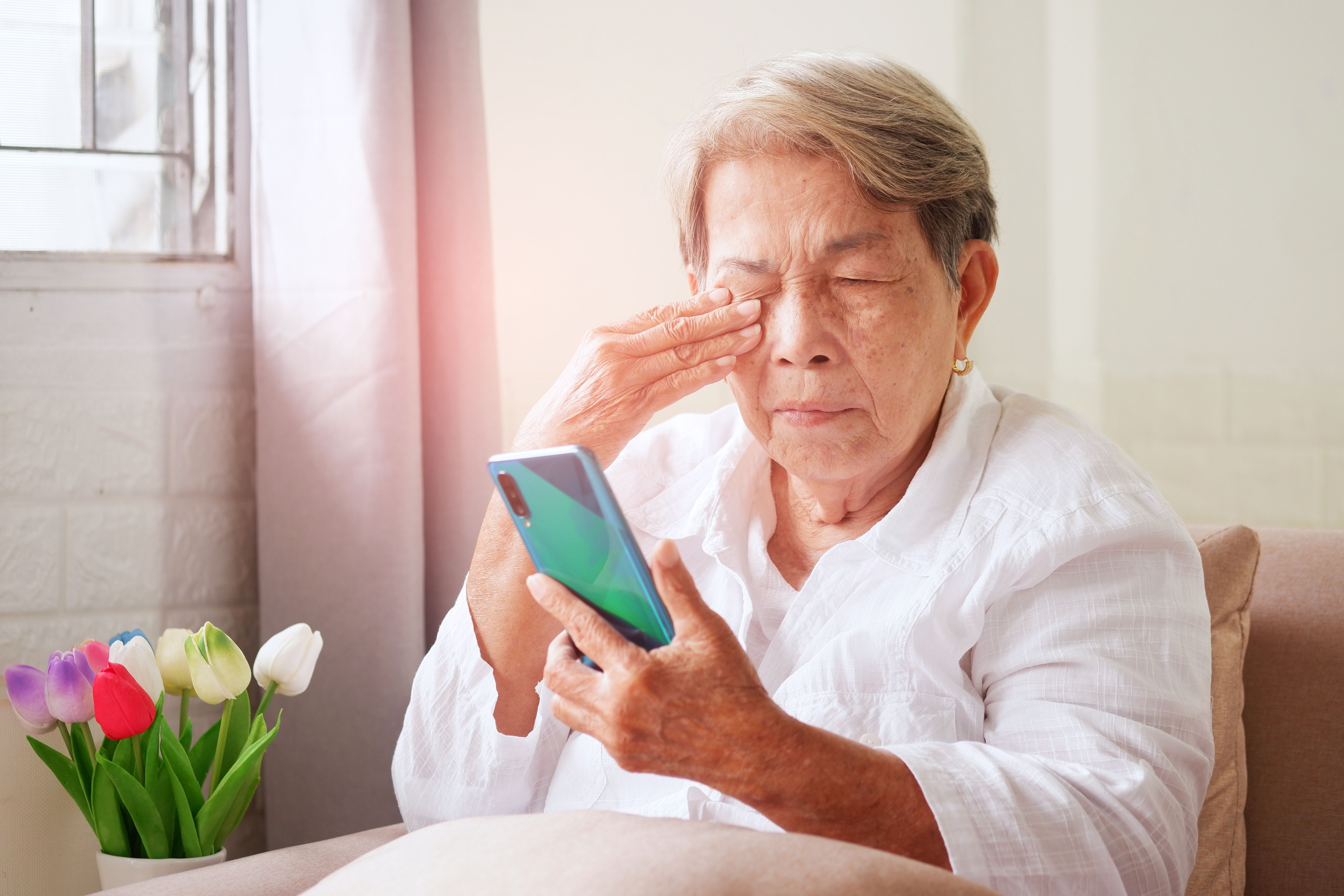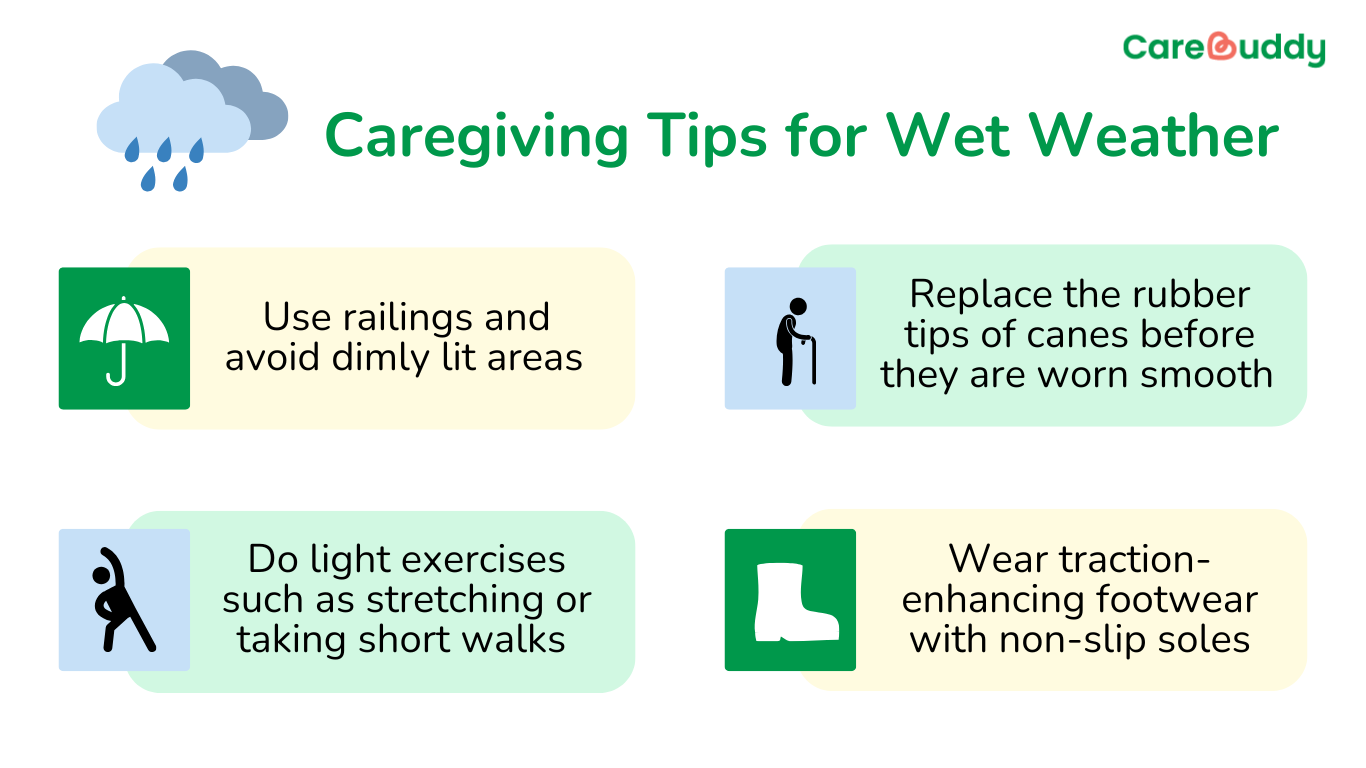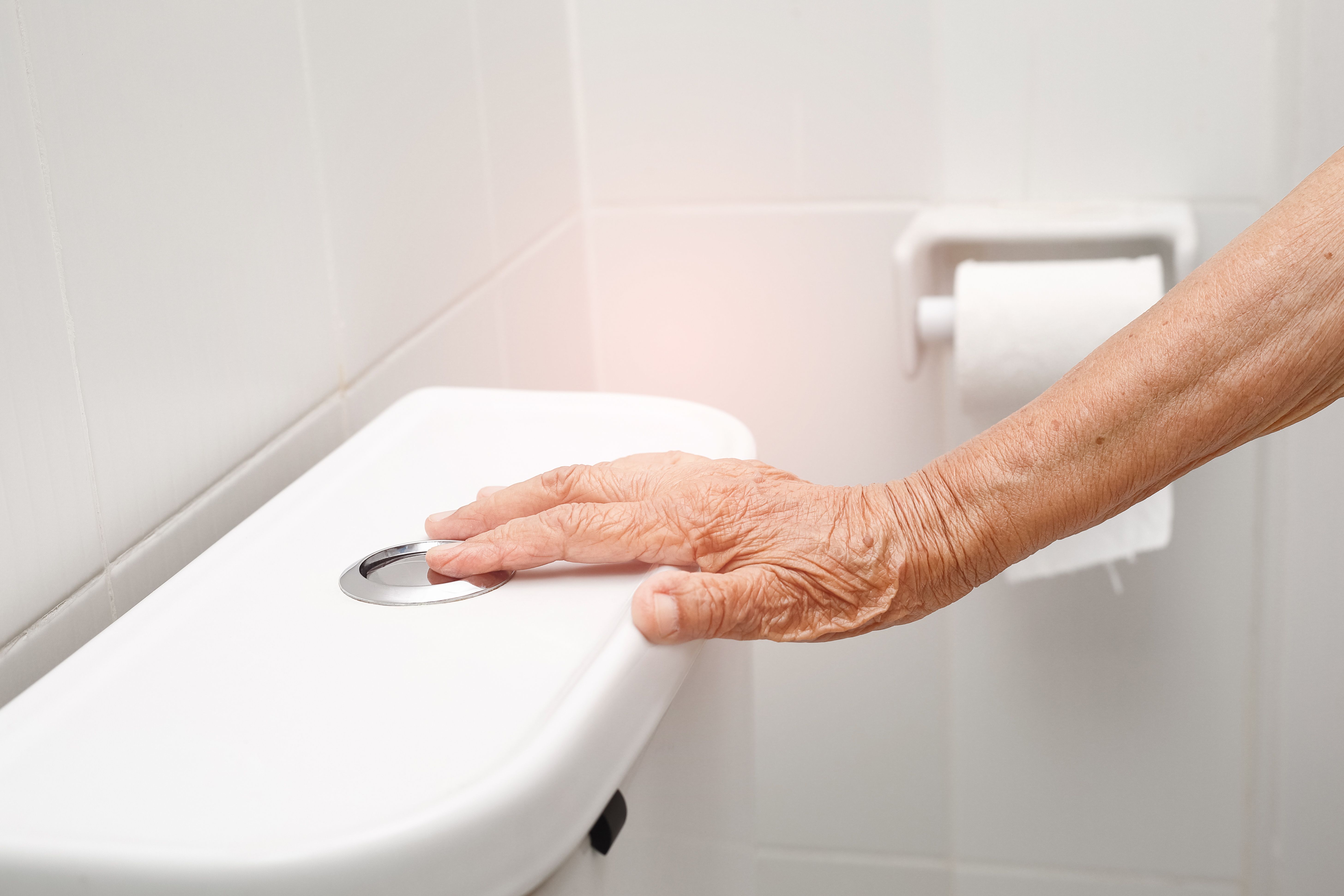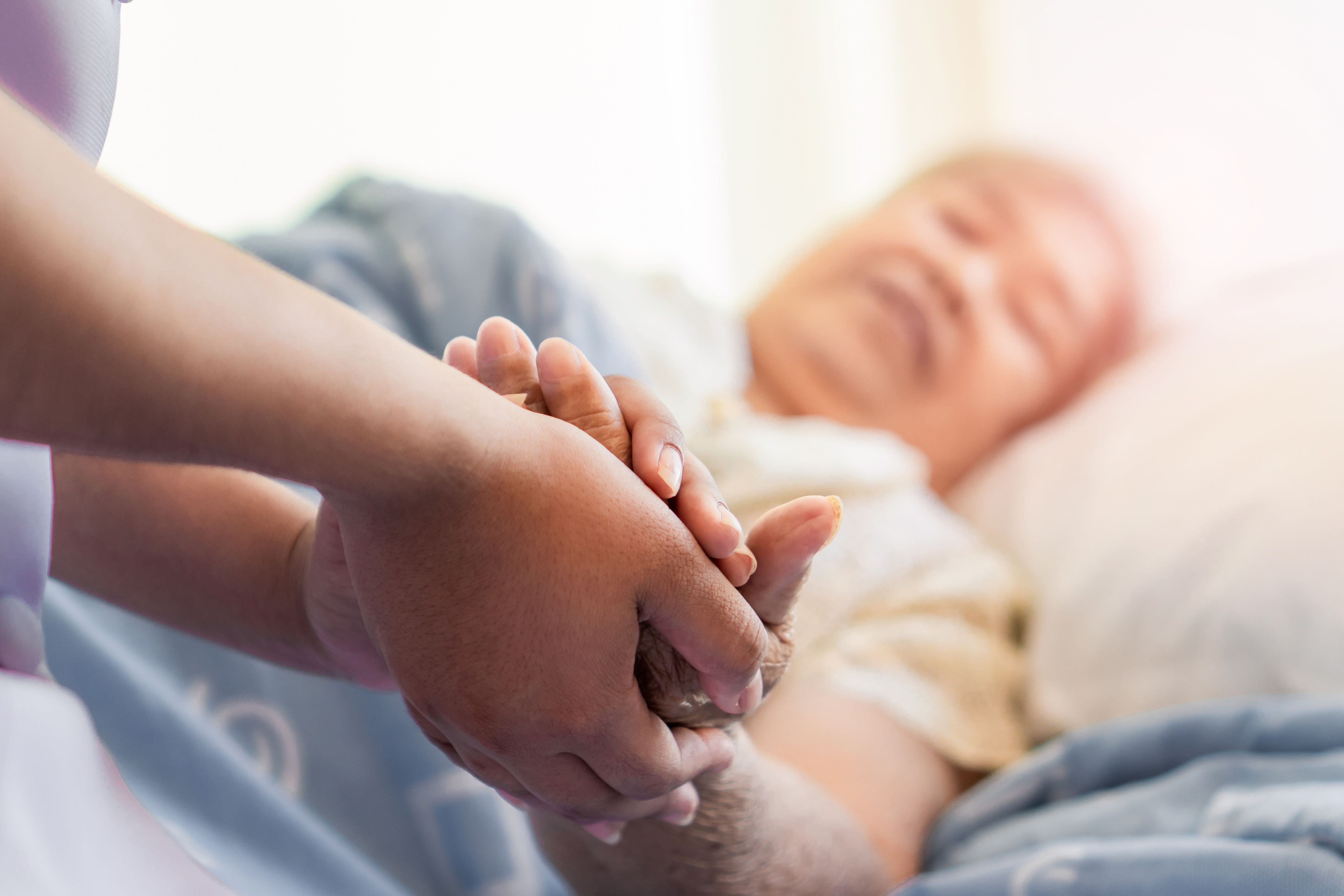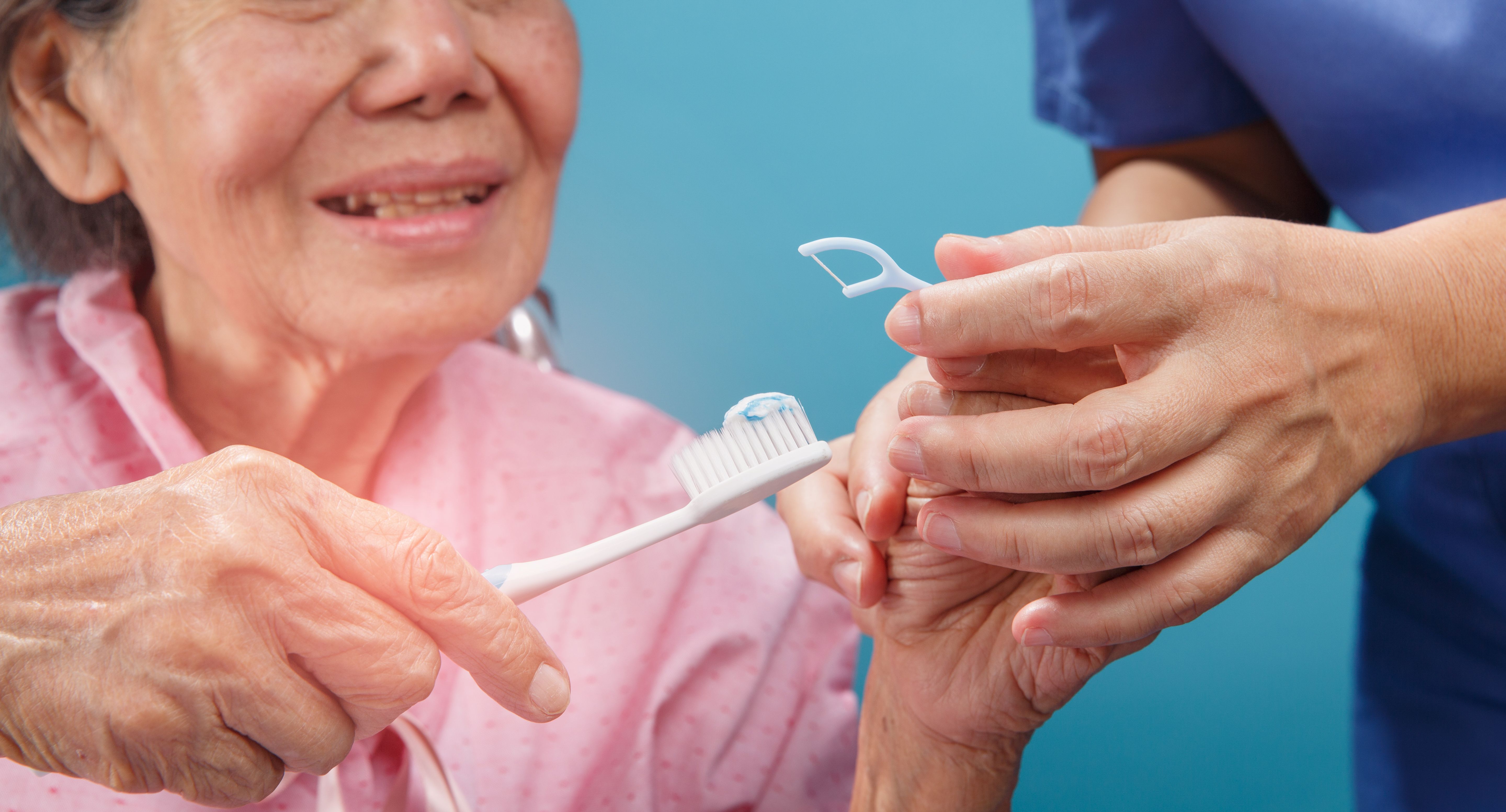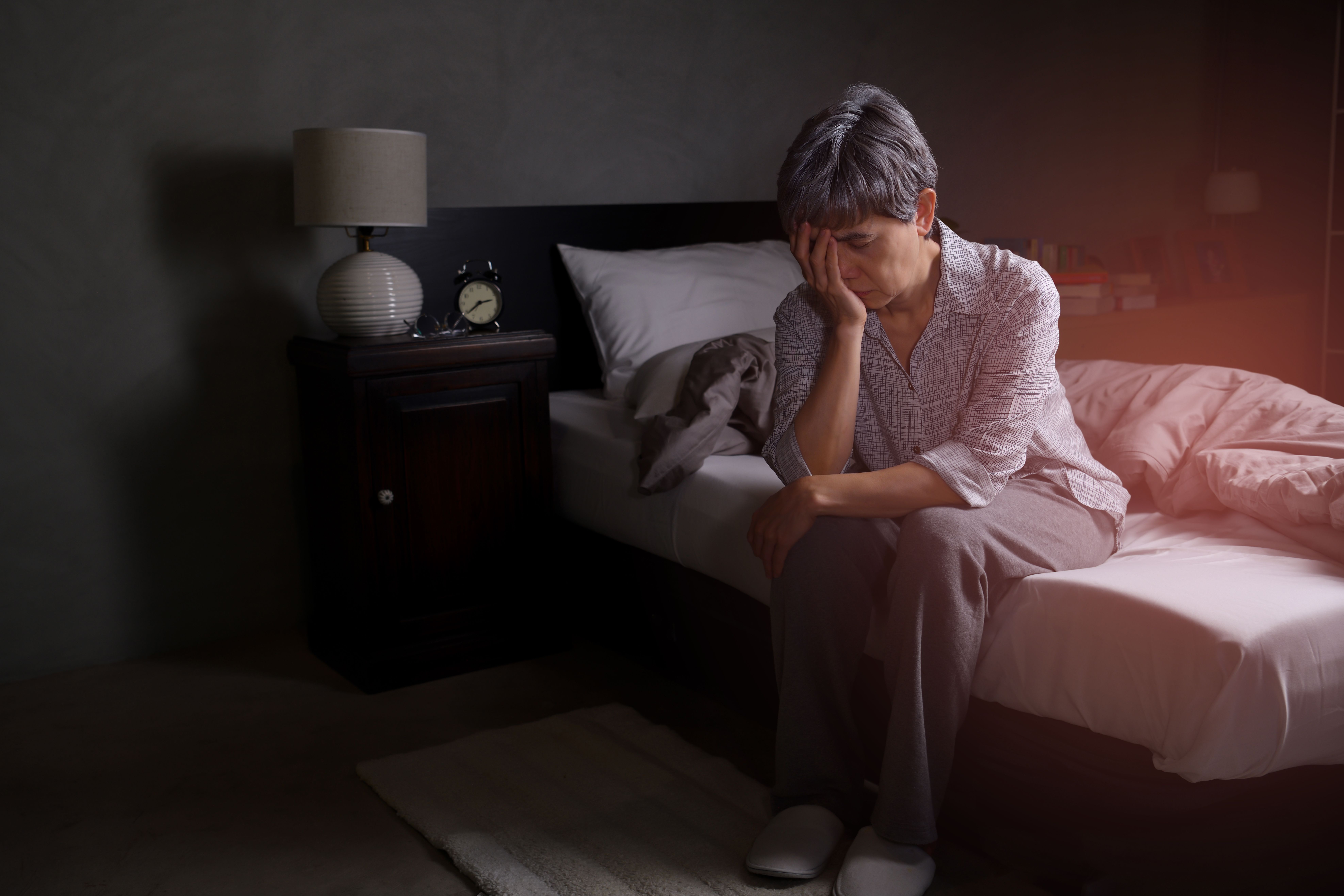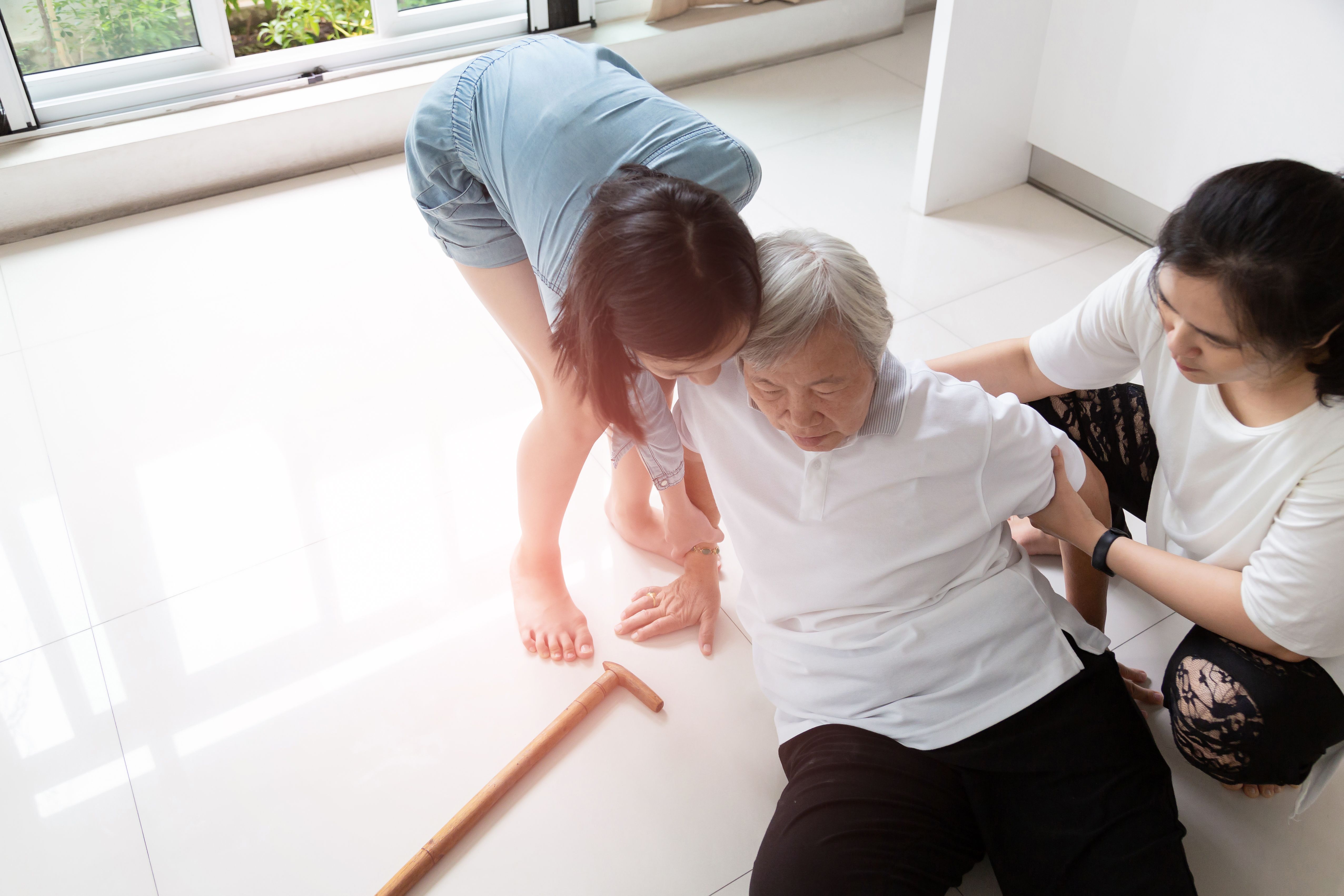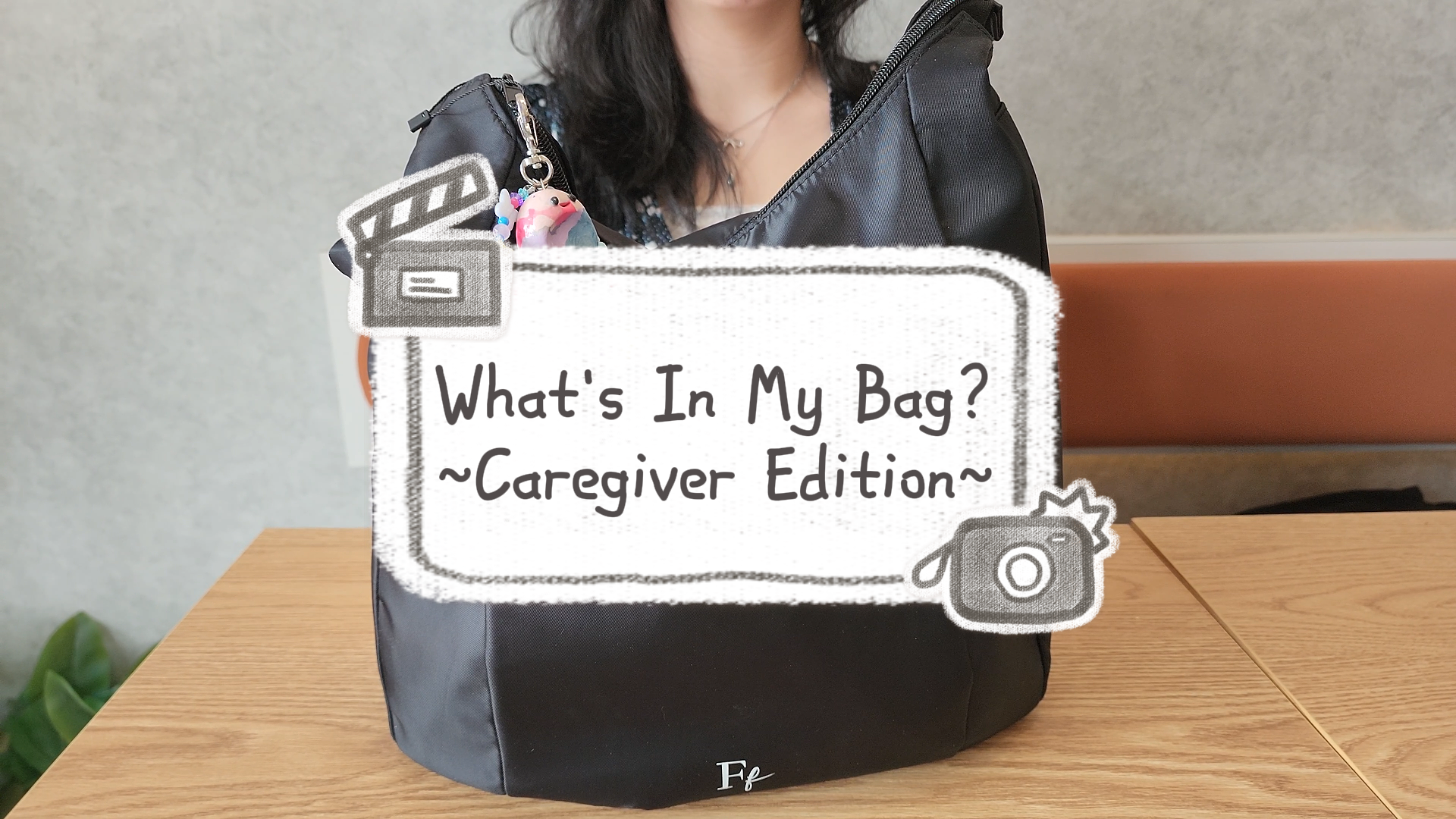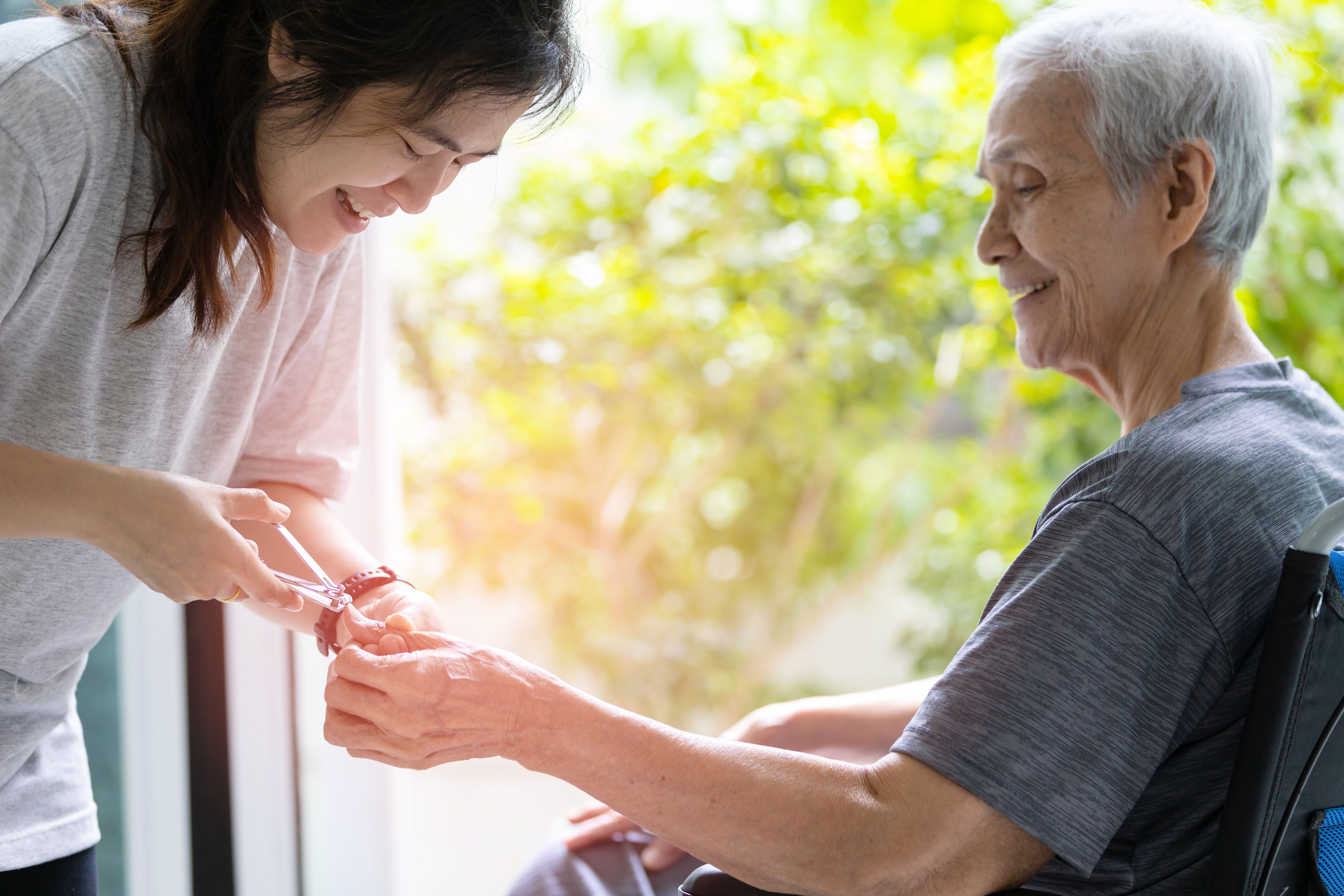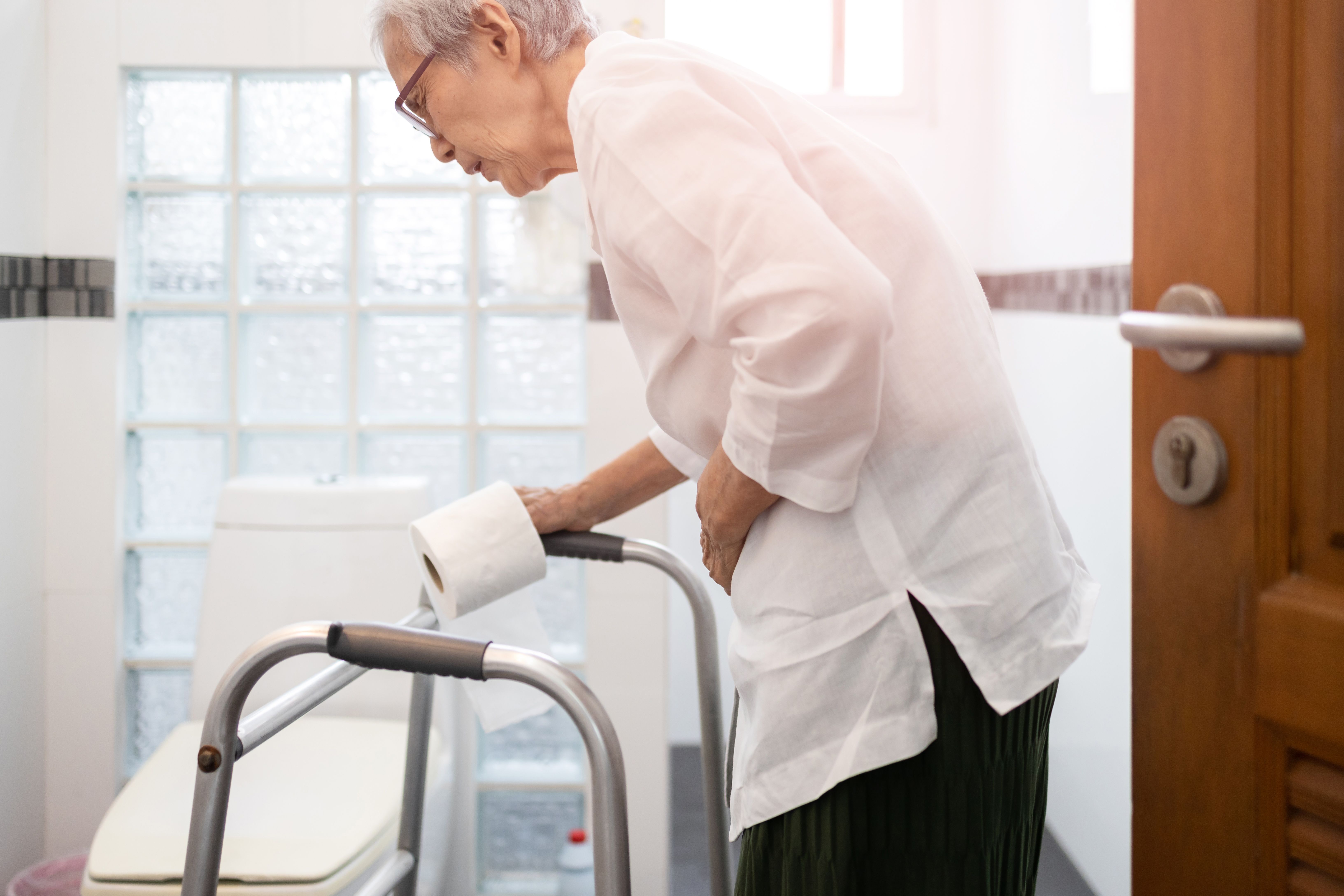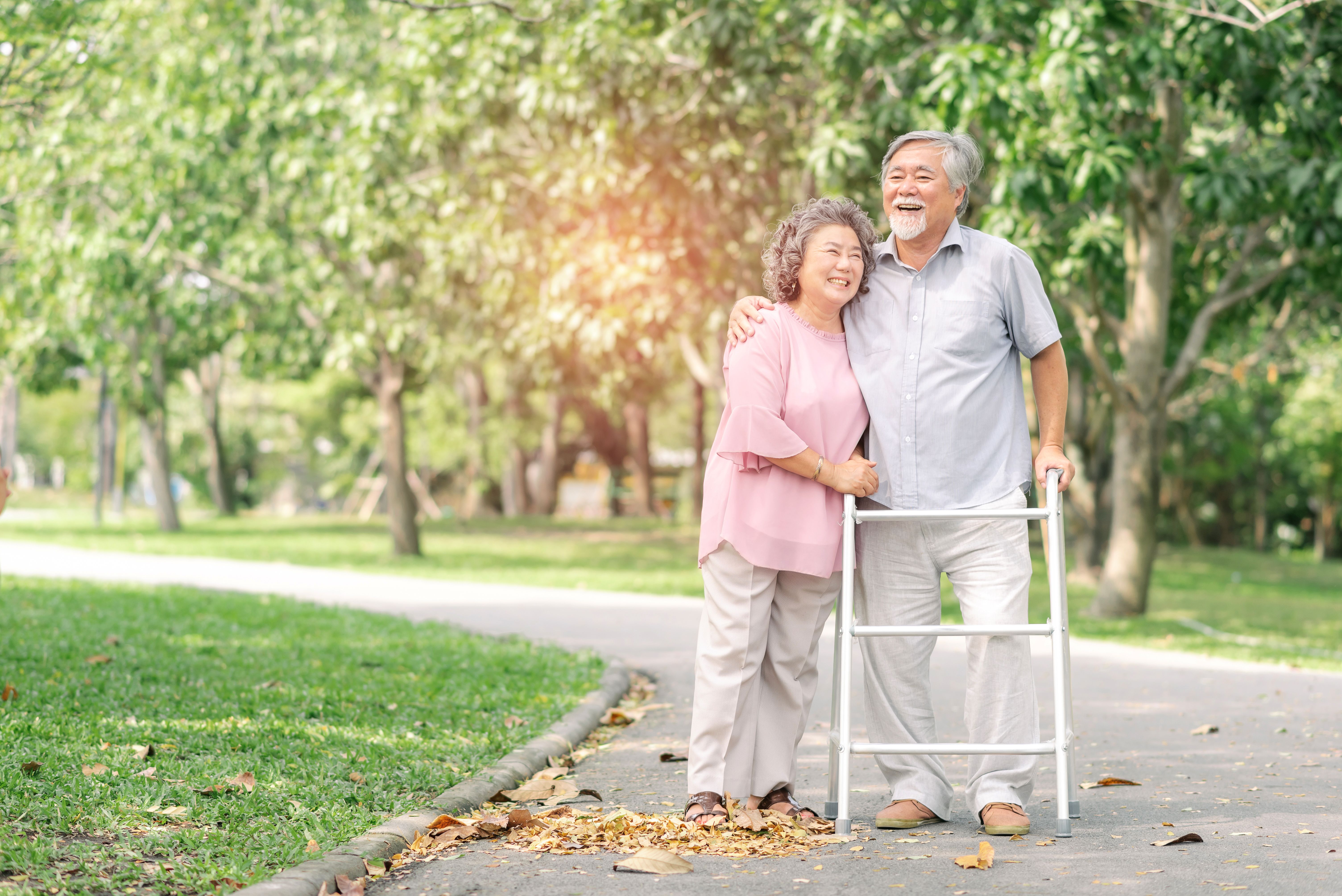Dementia: What it is and how to manage it
- CareBuddy
- 4 Mins Read
- 20 Sep 2022
- Elderly Care

Did you know that someone in the world develops dementia every 3 seconds? There were 50 million people living with dementia in 2020 and this is expected to reach 82 million in 2030 and 152 million in 2050. This means we’ll experience an ever-increasing demand for caregivers who know how to care for someone with dementia.
What is dementia?
Dementia is a collection of symptoms characterised by a progressive worsening of memory and intellect (cognitive abilities) caused by diseases that affect the brain such as Alzheimer’s Disease.
It can affect adults of any age but is more common in those aged 65 and above. It is NOT a natural part of ageing and should not be mistaken for such.
Those with dementia may gradually find the following activities challenging:
- Thinking and reasoning
- Problem-solving and making judgements
- Remembering new information or recalling recent events
- Learning new information and skills
- Recognising familiar faces and items
- Finding the right words to communicate
Signs and symptoms of dementia
- Memory loss (forgetfulness) that occurs gradually and worsens progressively over time. Immediate and short-term memory loss occurs first.
- Difficulty in communication.
- Problems recognising familiar faces, places or items.
- Worsening of problem-solving abilities and increasing disorganisation.
- Problems with daily activities such as dressing and using utensils.
- Mental health issues like depression, anxiety, agitation, paranoia, hallucinations and sleep problems.
Caregiving in early stage of dementia
A care receiver in early-stage dementia can be independent in most daily activities such as eating and dressing. But they may still require cues and reminders to help their memory to:
- Plan and organise matters
- Remember names
- Remember medical appointments
- Manage medication
- Manage finances
A caregiver should support the care receiver to maximise their independence for as long as possible. Talk to them to find the right balance between dependence and independence.
Caregiving in middle stage of dementia
As dementia progresses, the care receiver will start to depend more on the caregiver in more aspects of their daily life. The caregiver needs to establish a structure and develop daily routines that are tailored to the unique needs of the care receiver. Recreational activities such as games and arts & crafts can be great for the care receiver’s mental health.
Caregiving in late stage of dementia
As dementia progresses to a more advanced stage, the care receiver will become totally dependent on the caregiver for their daily living activities. They will need intensive physical care round the clock, and the caregiver may need others to provide additional support.
While a person with late-stage dementia may not be able to communicate and express themselves like they used to, they still have the ability to experience the world through their senses (sight, hearing, smell, taste and touch). Which means a caregiver can engage them in activities that stimulate the senses, such as music and simple games.
The caregiver needs to remember to take care of themselves! Caring for someone with dementia can be physically and emotionally demanding, especially in the middle and late stages. Caregivers can learn meditation, exercise regularly and practice other forms of relaxation like massages to keep themselves mentally healthy. They should also call on the support of their friends and family. It’s not easy, but together, they can get through this.
This article was written in partnership with Dementia Hub SG – Singapore’s one stop resource portal on Dementia.




